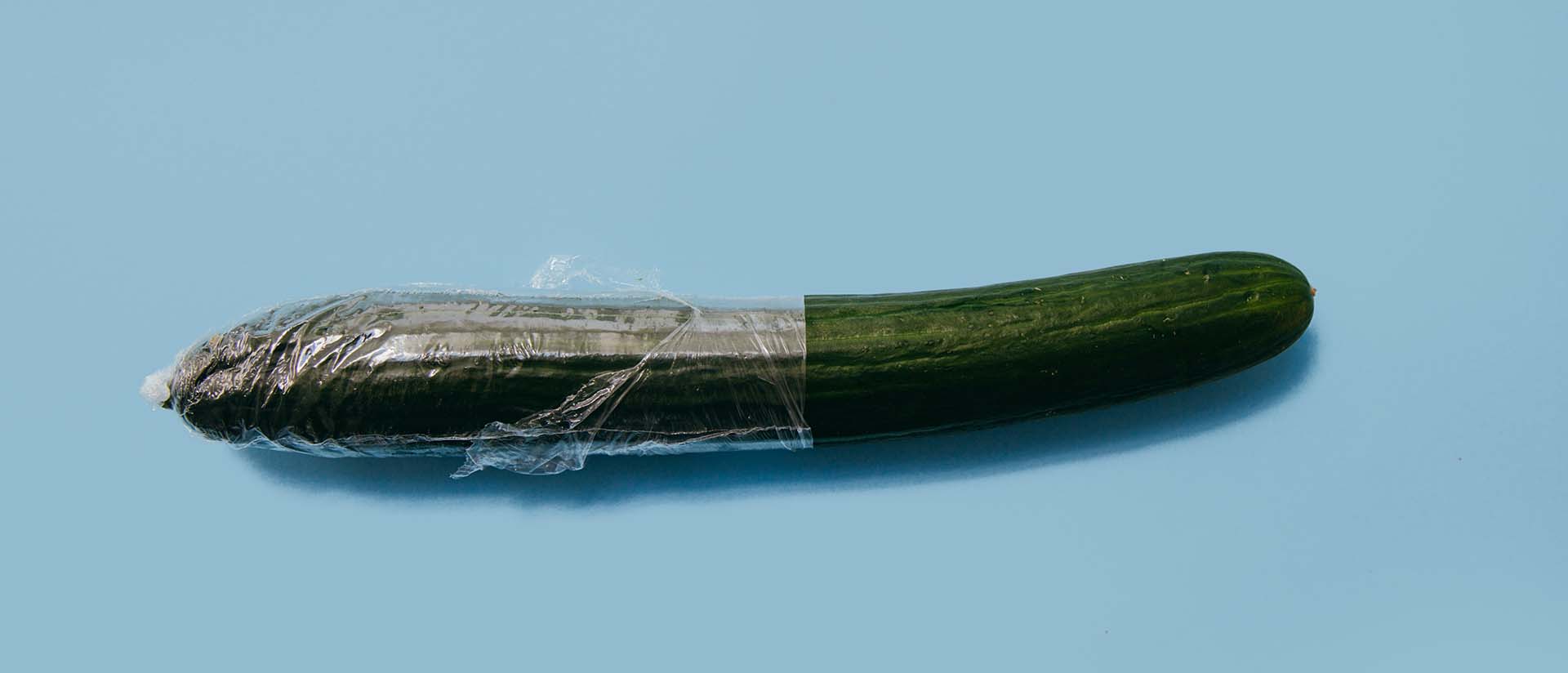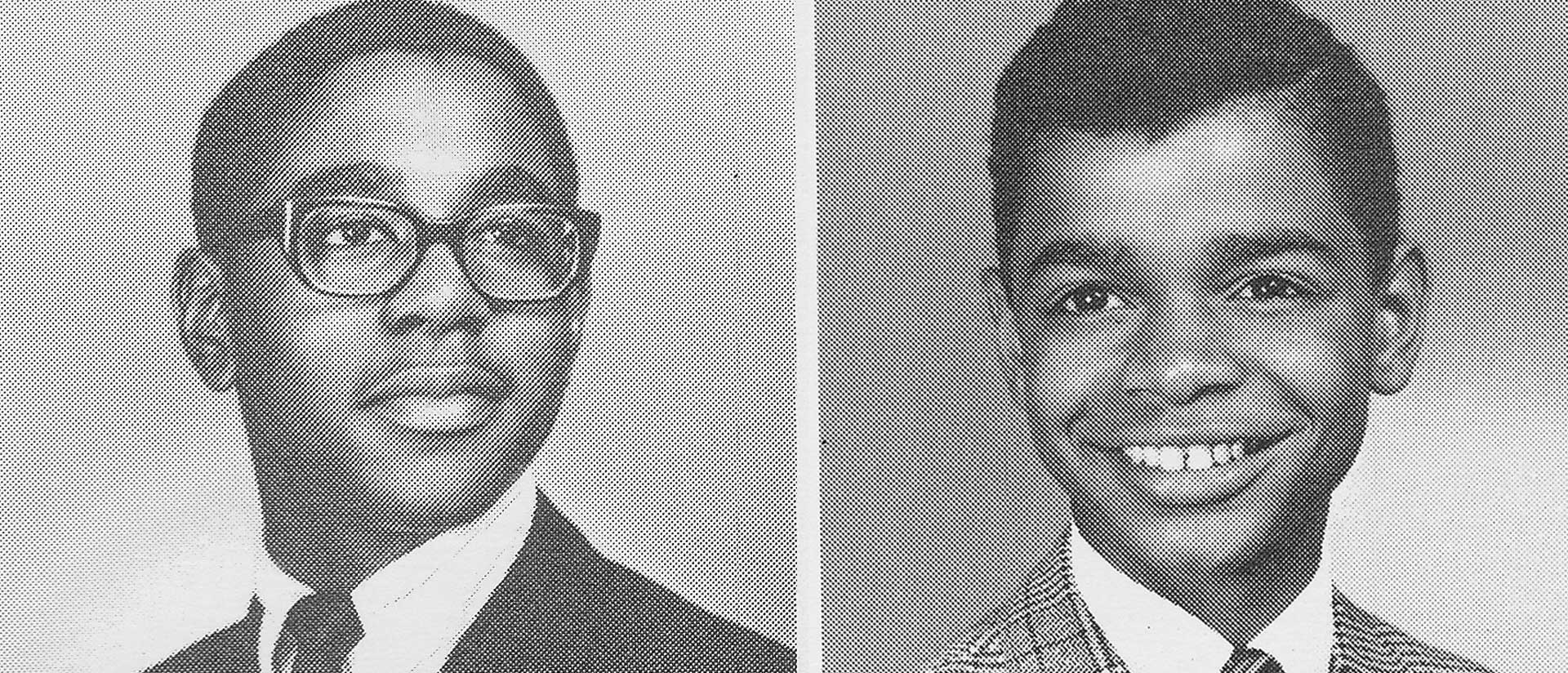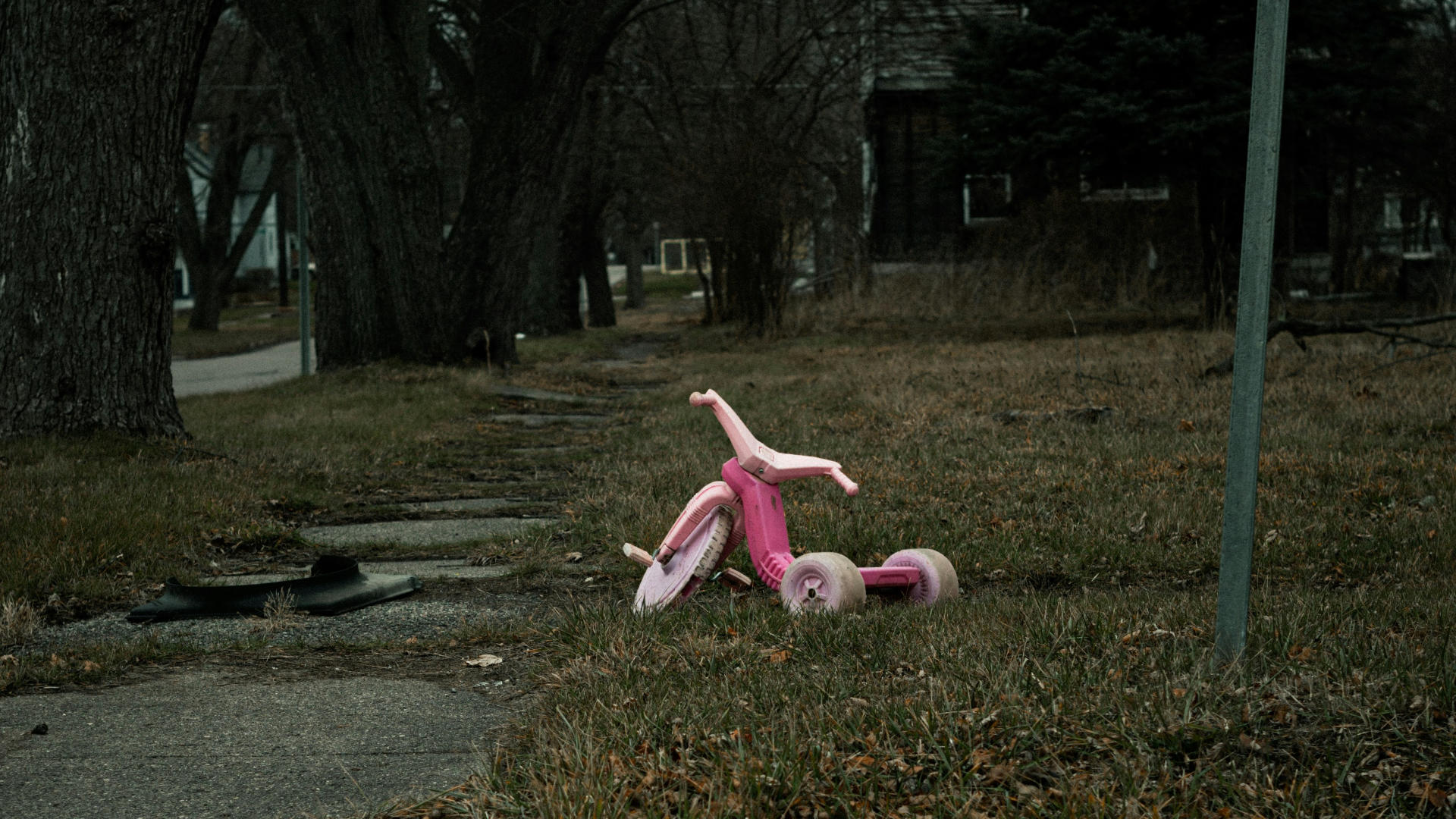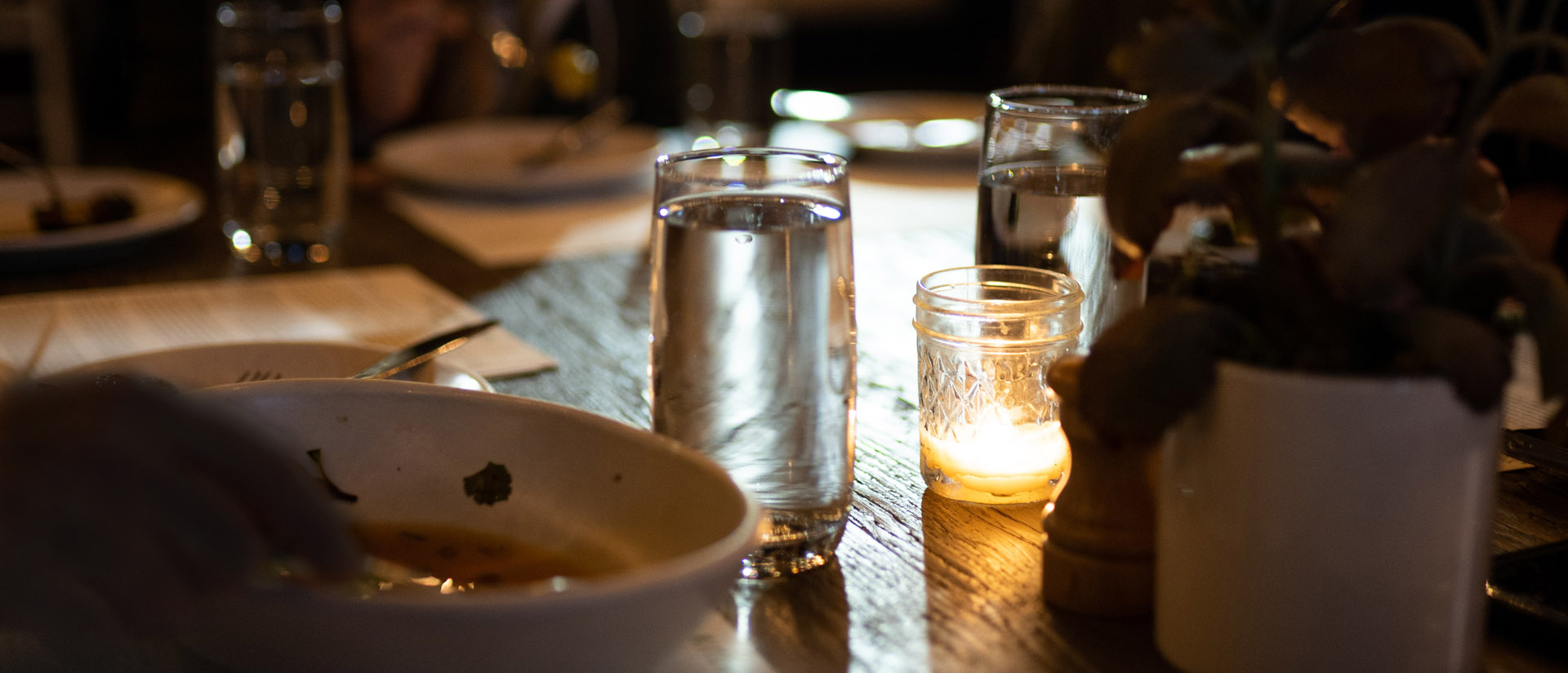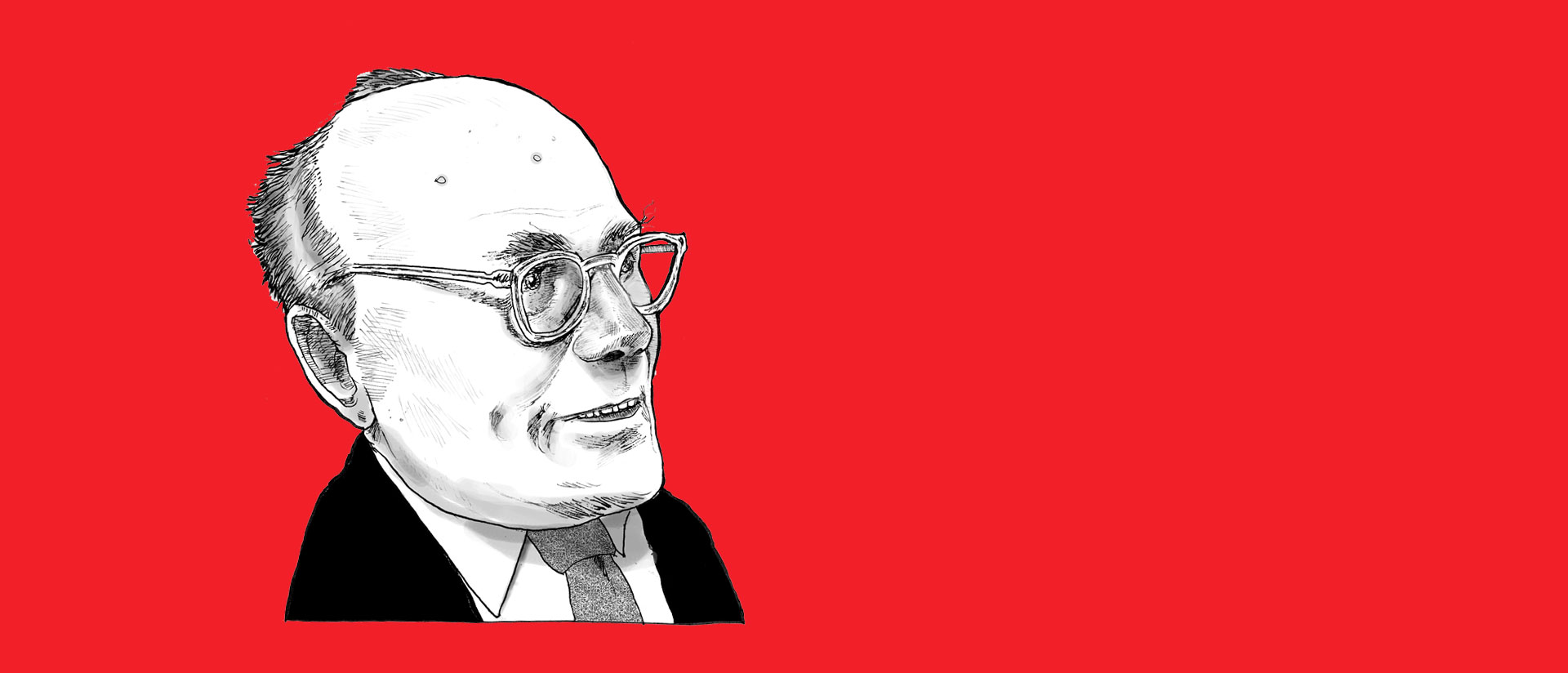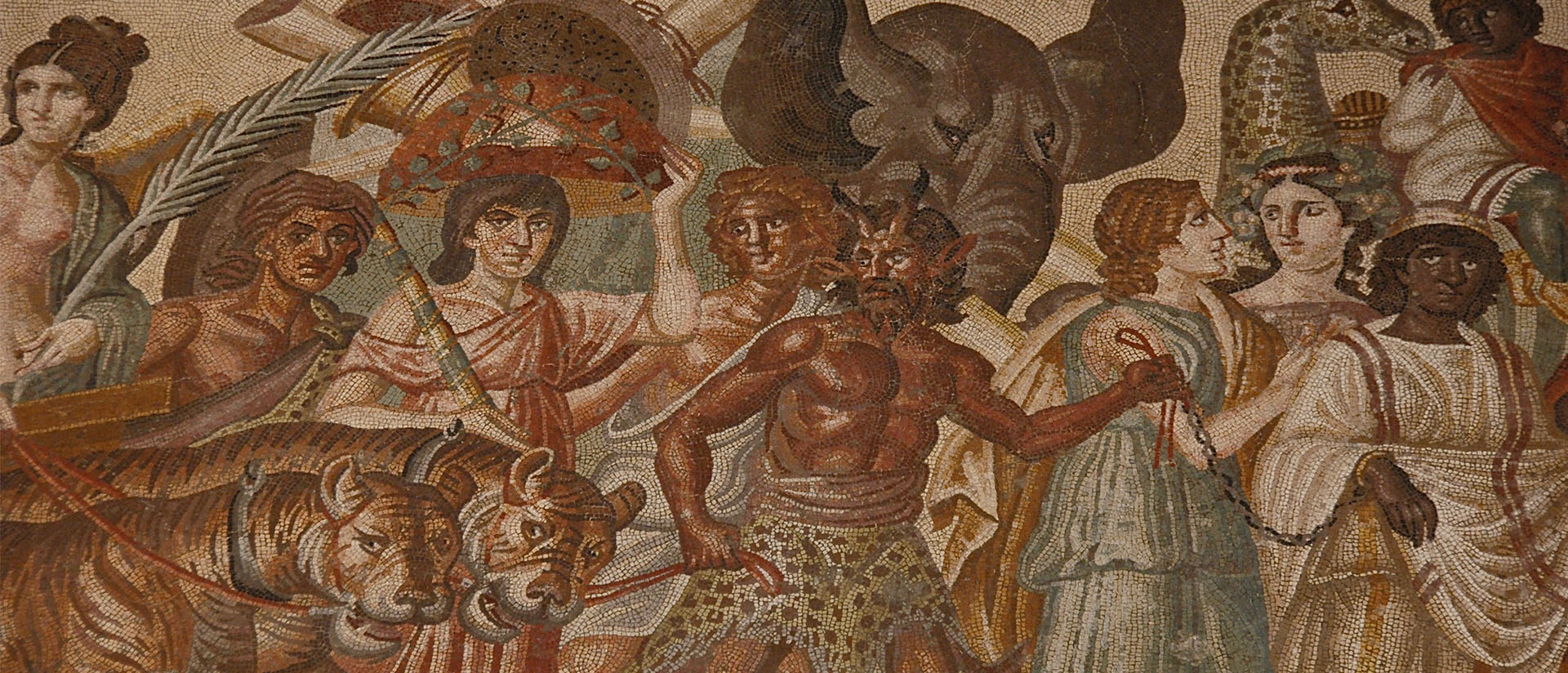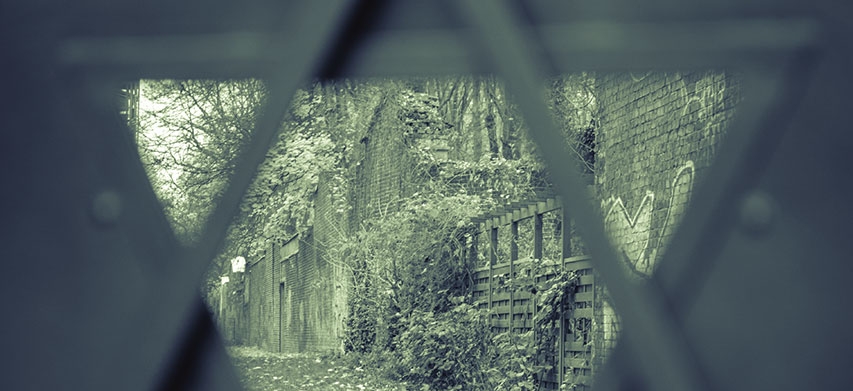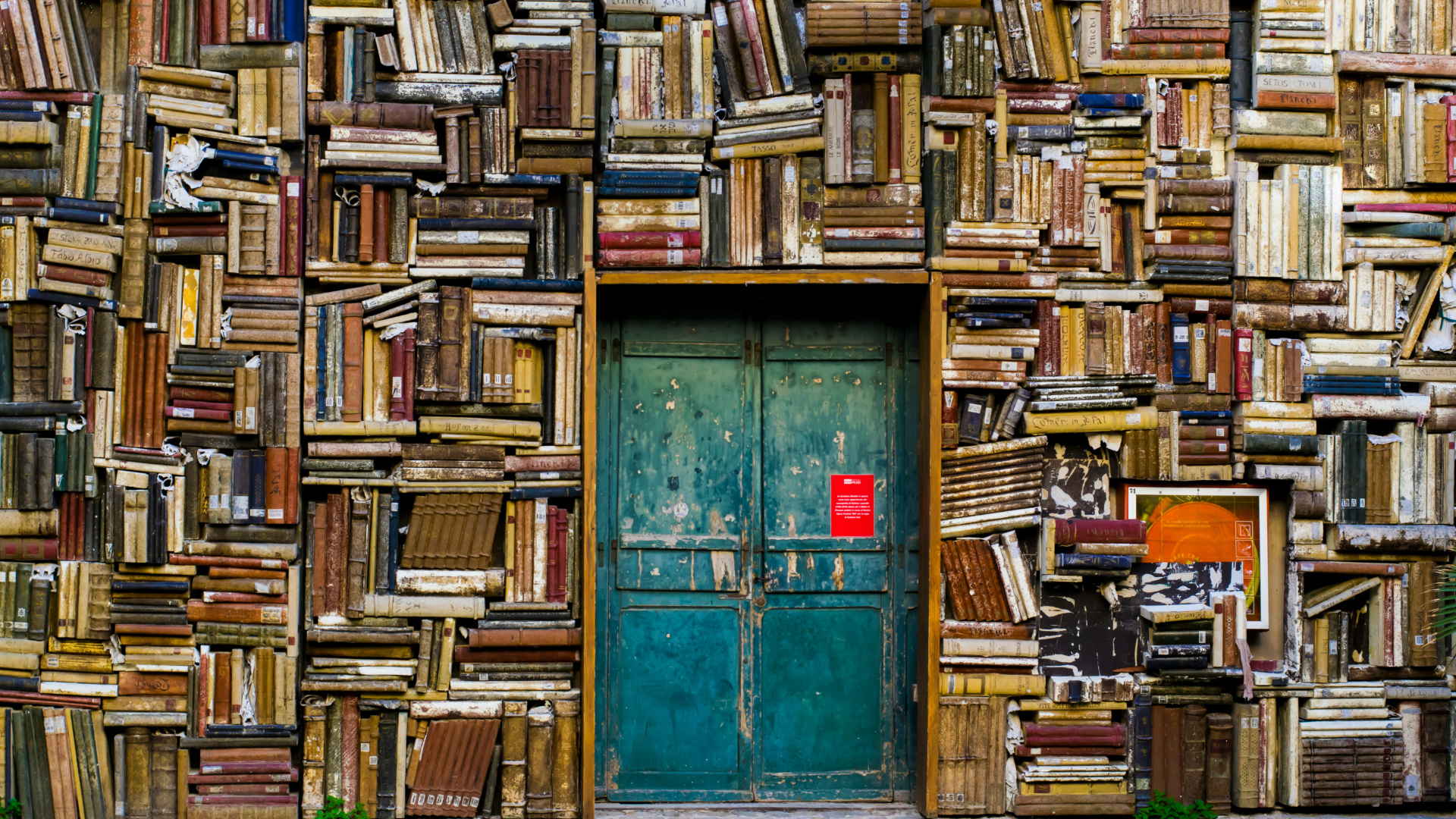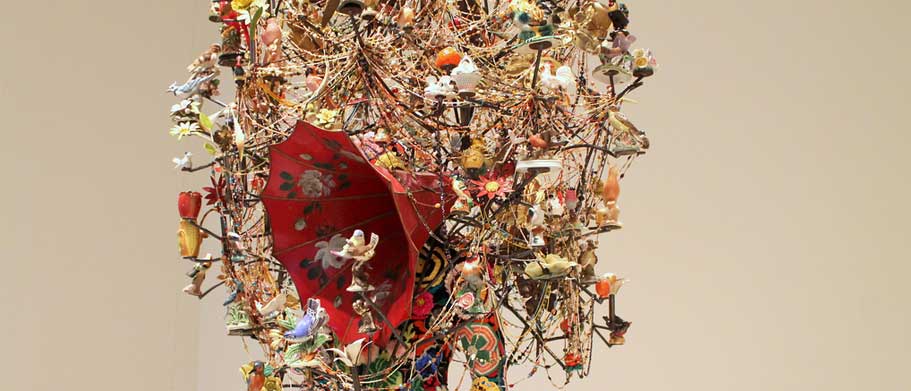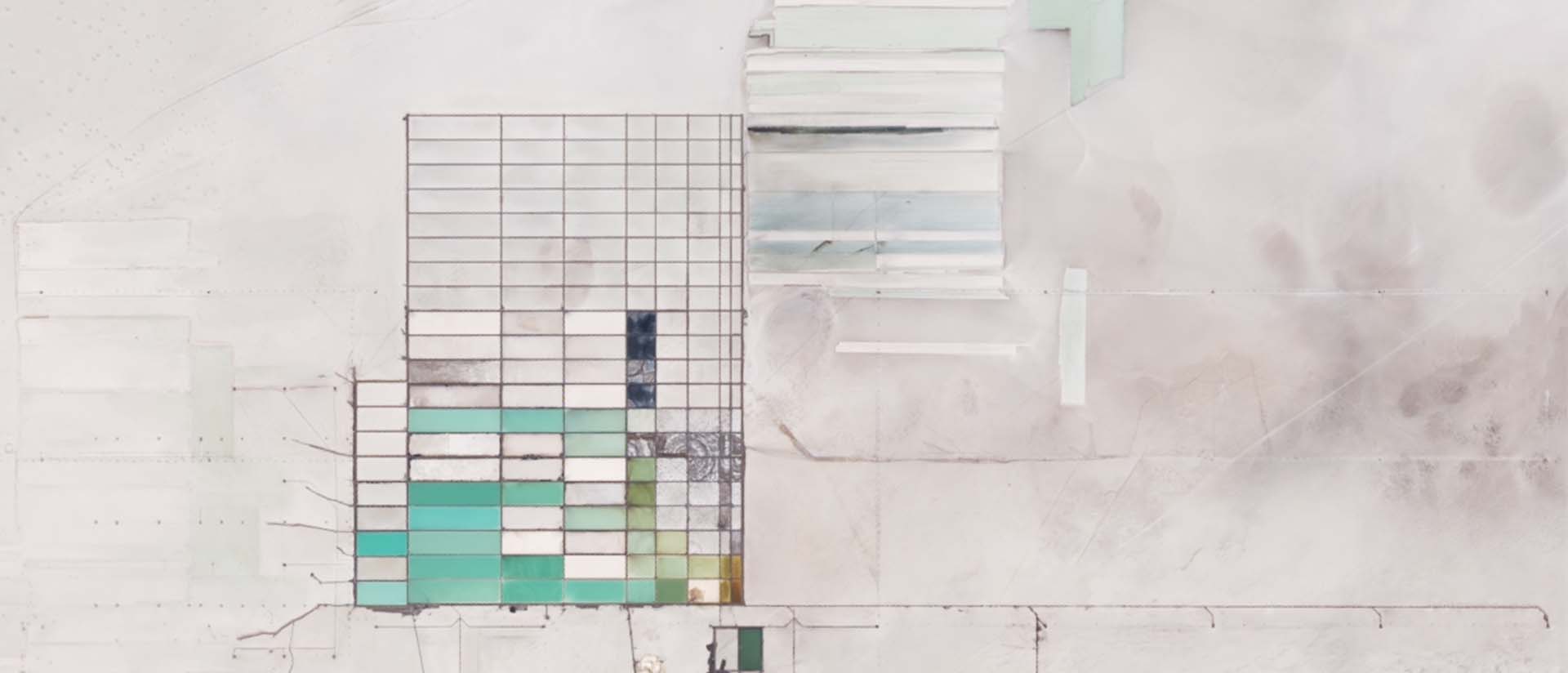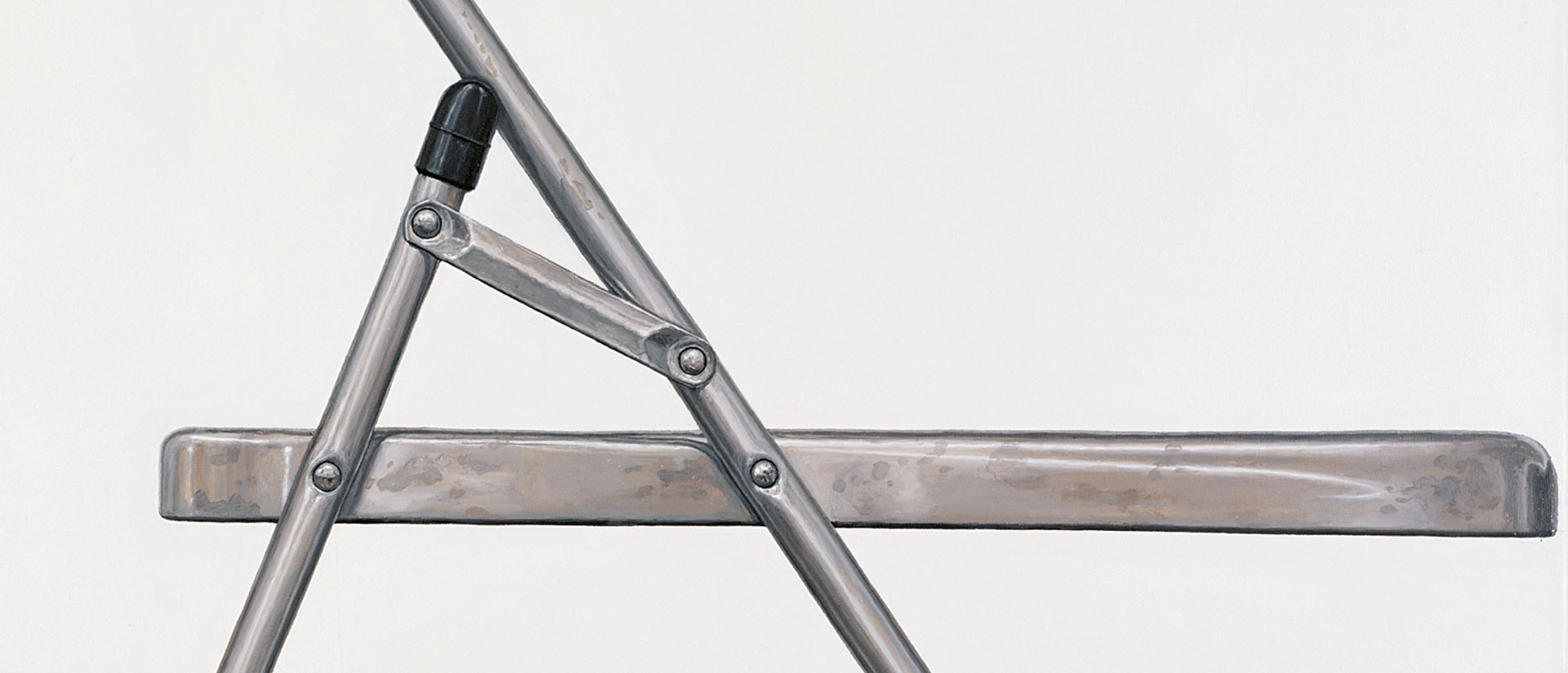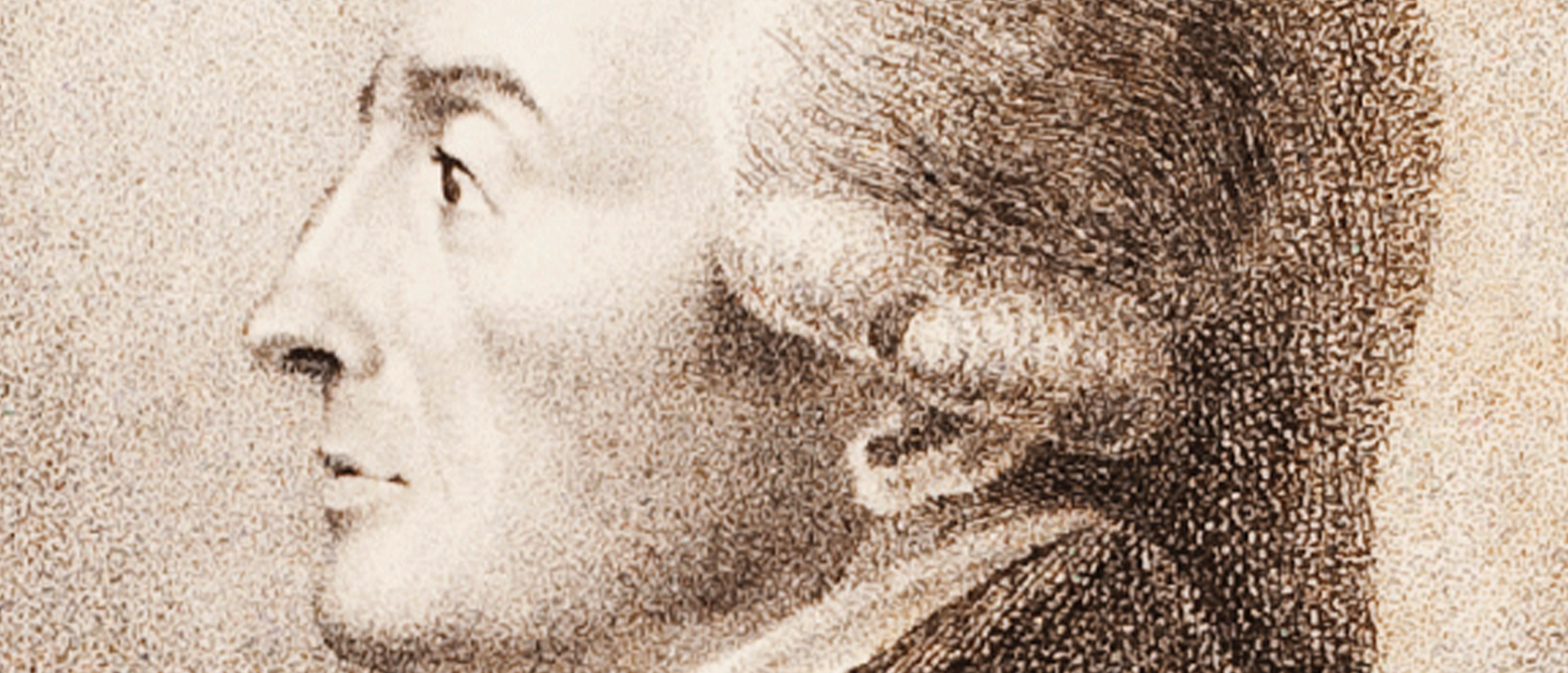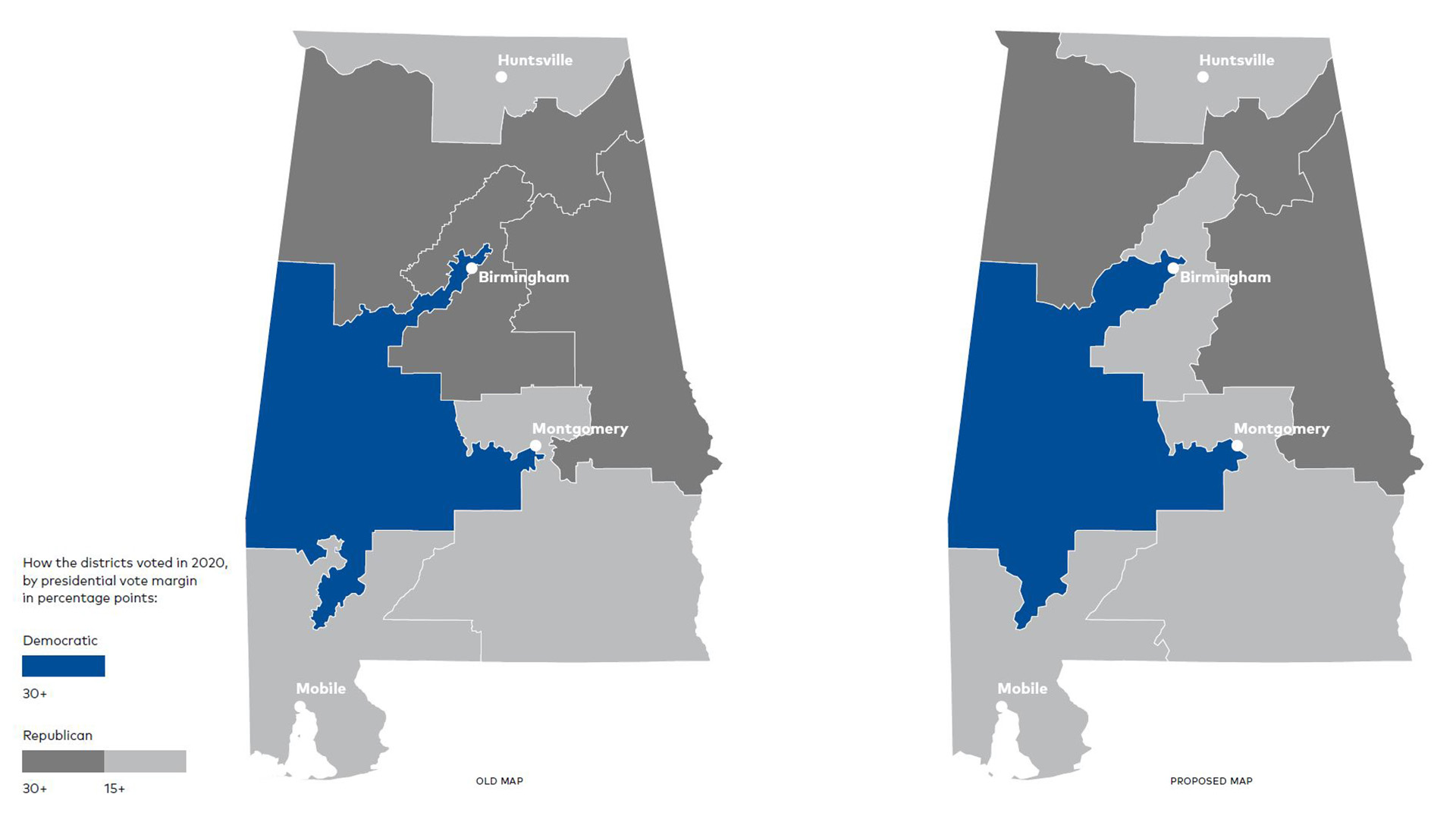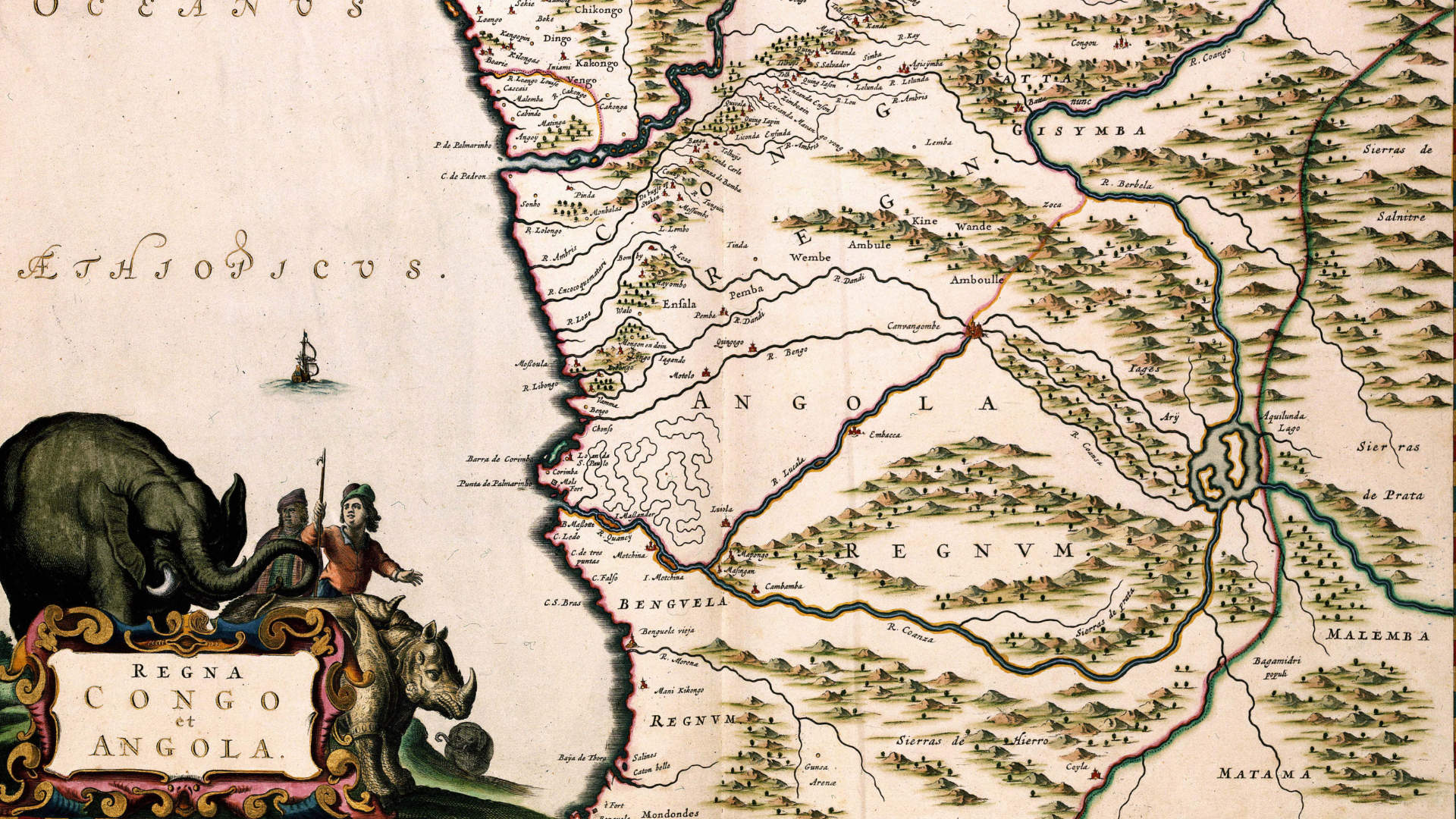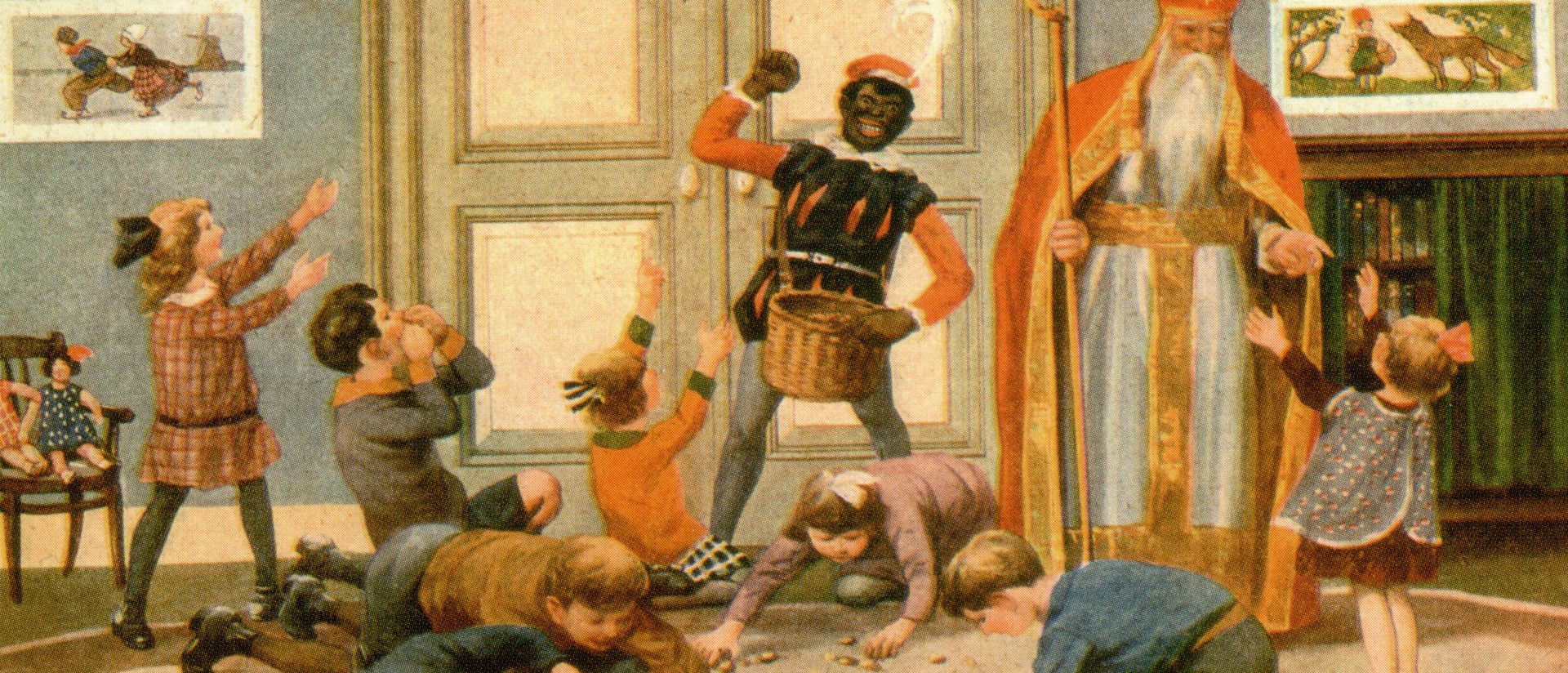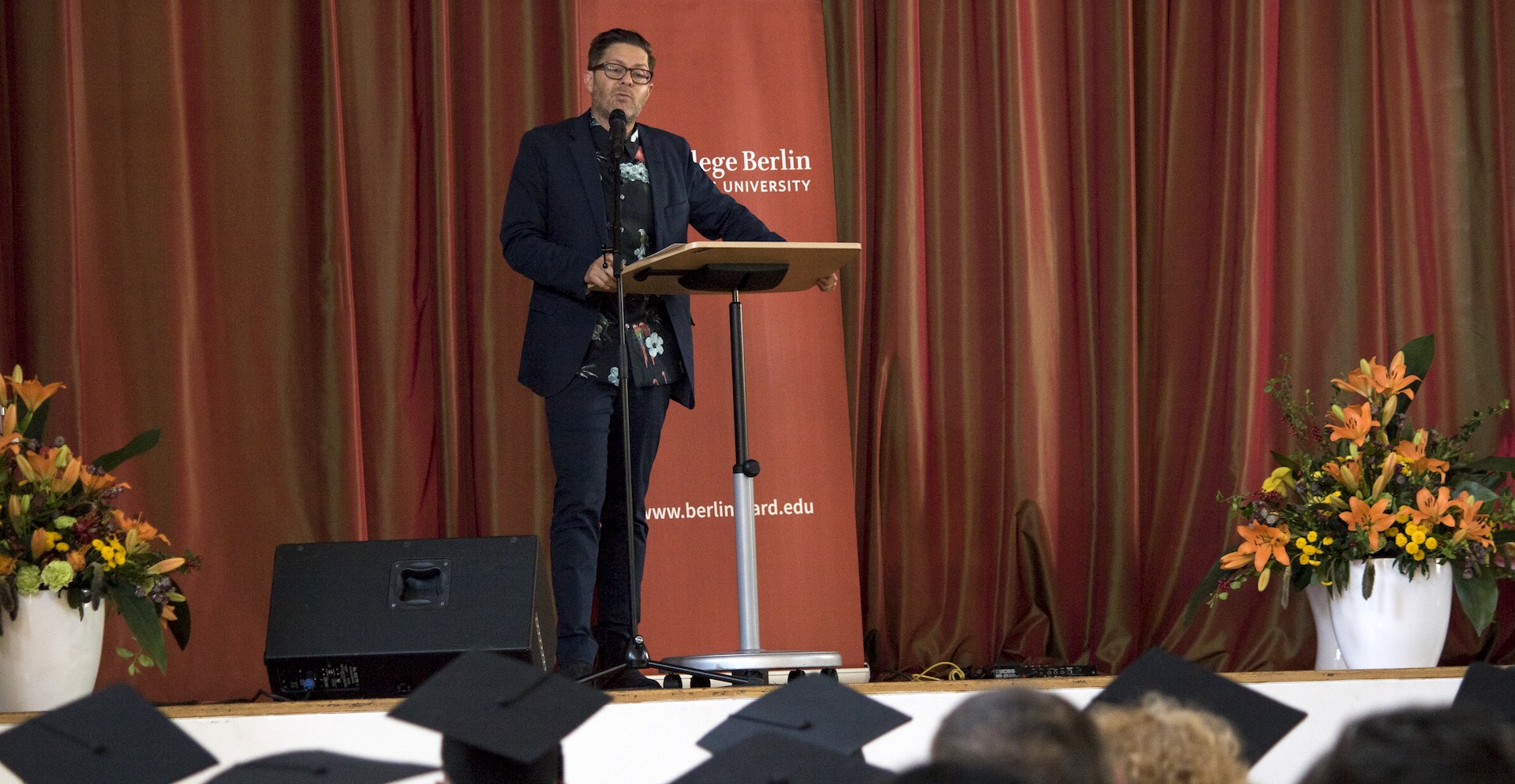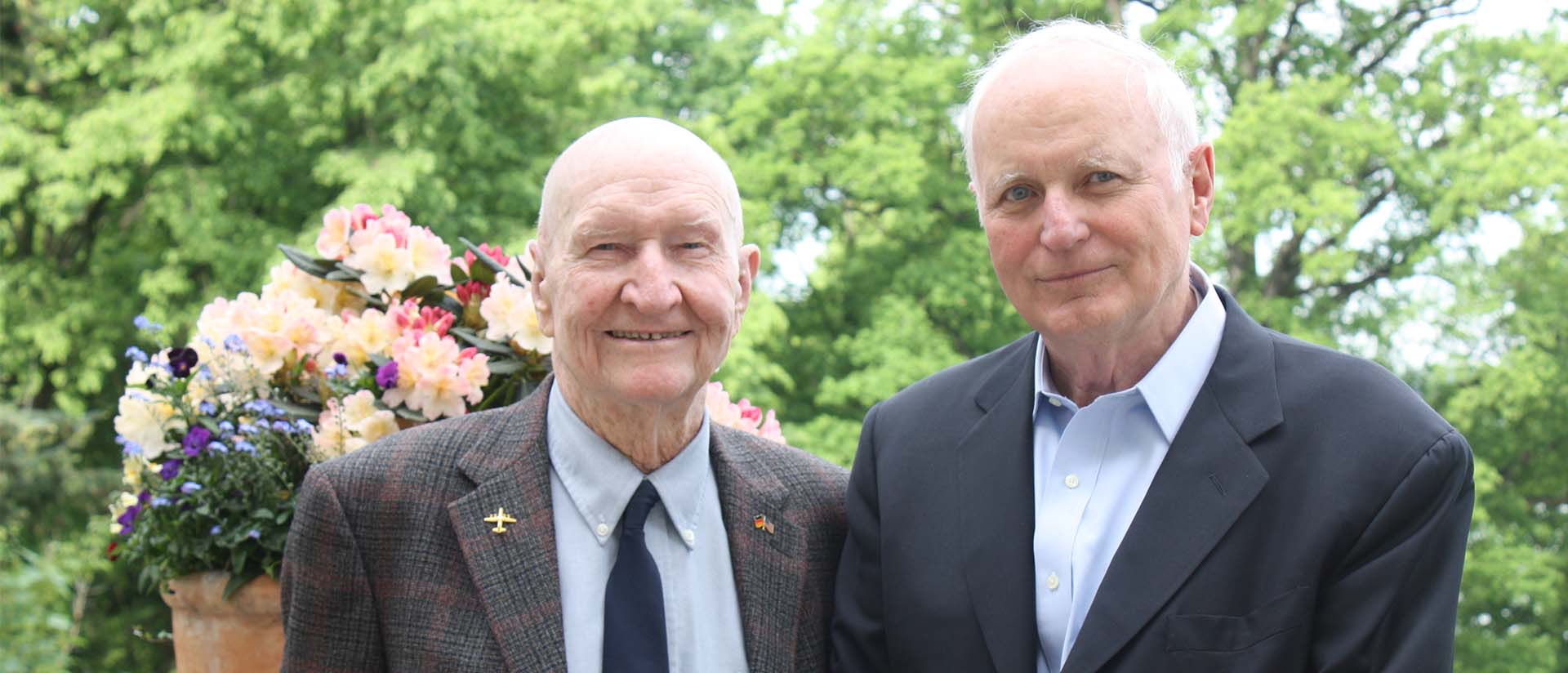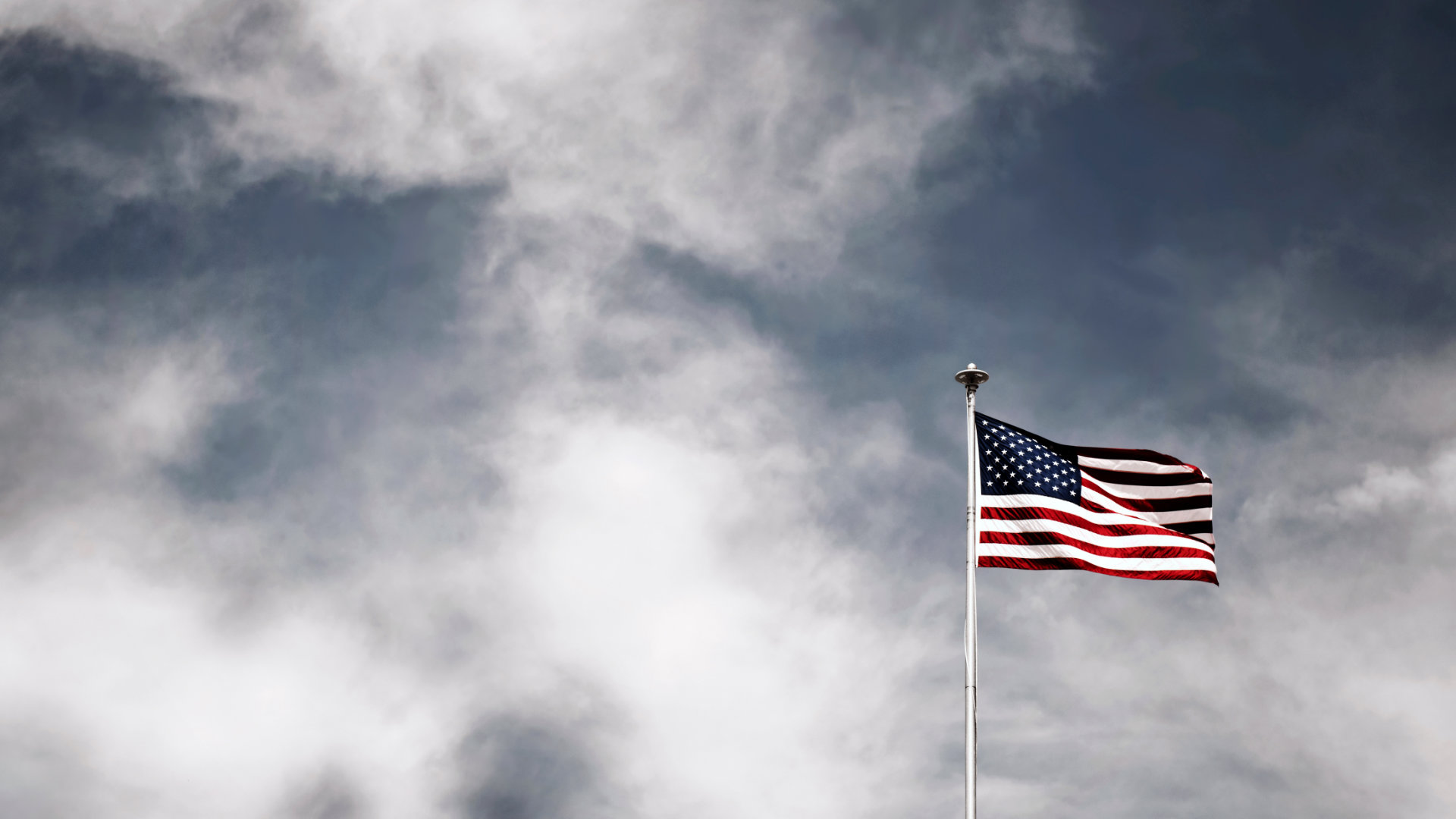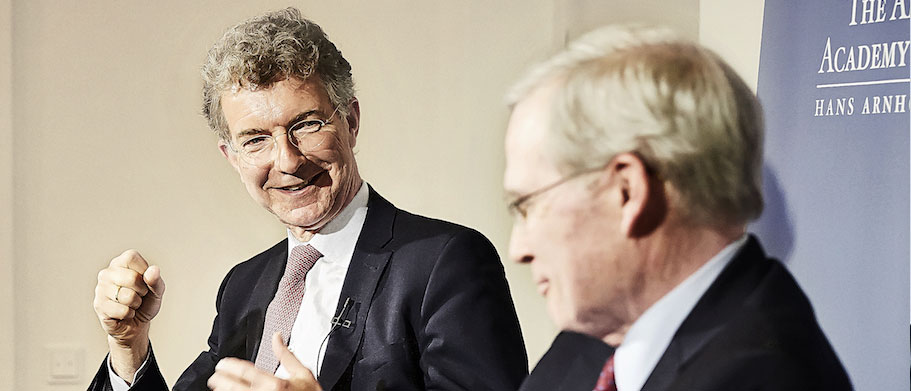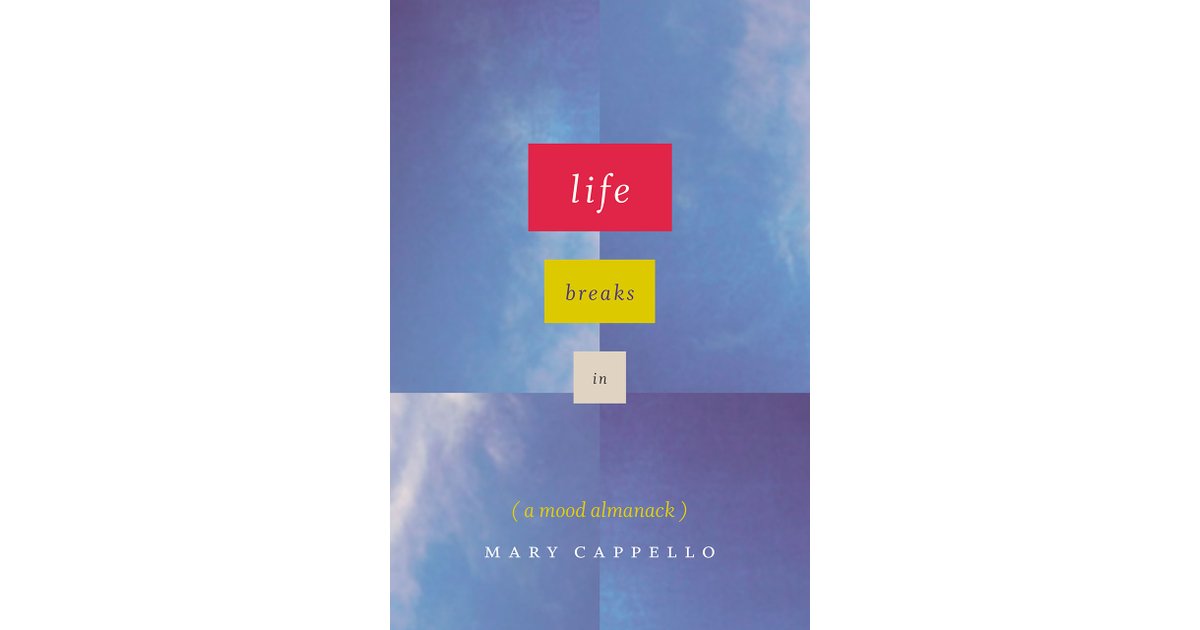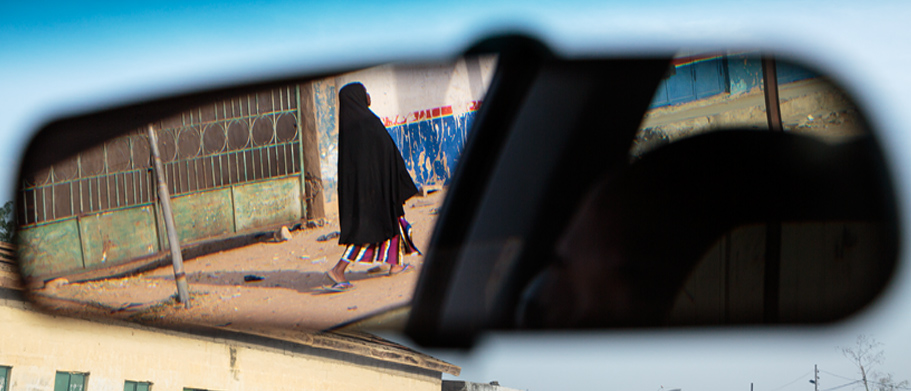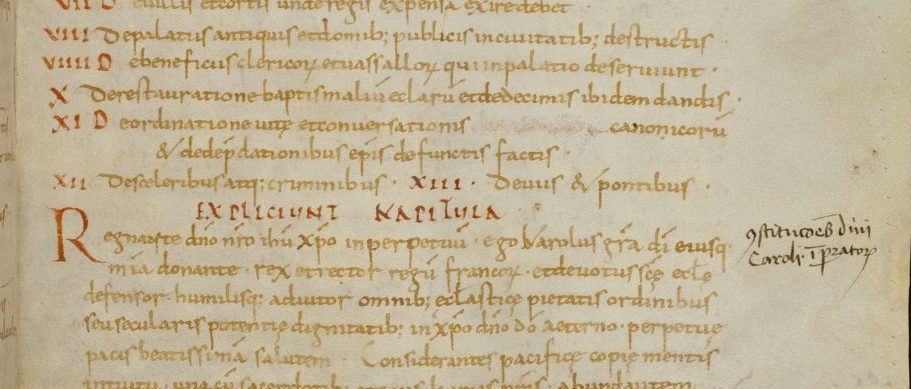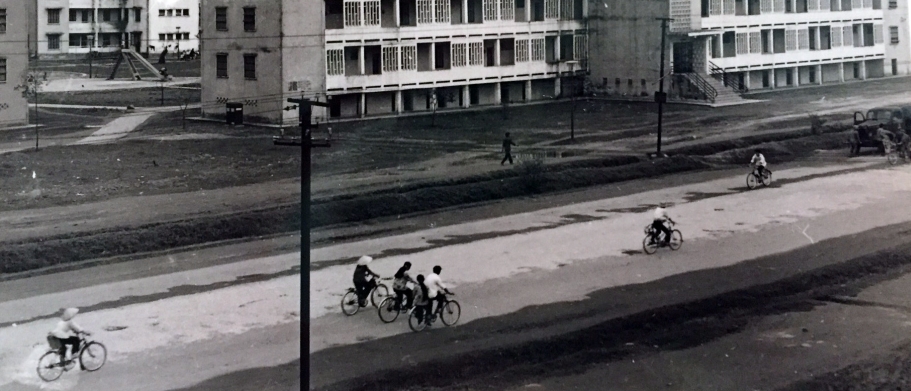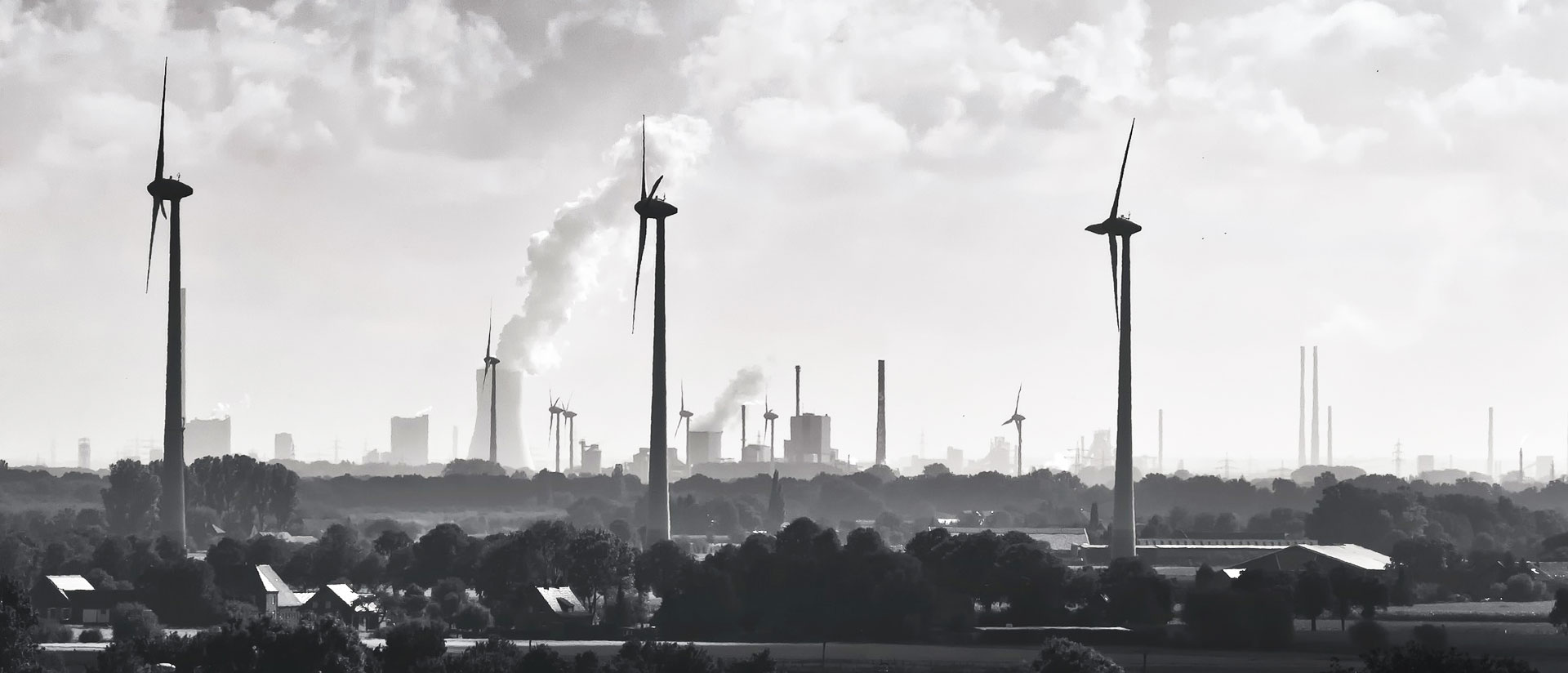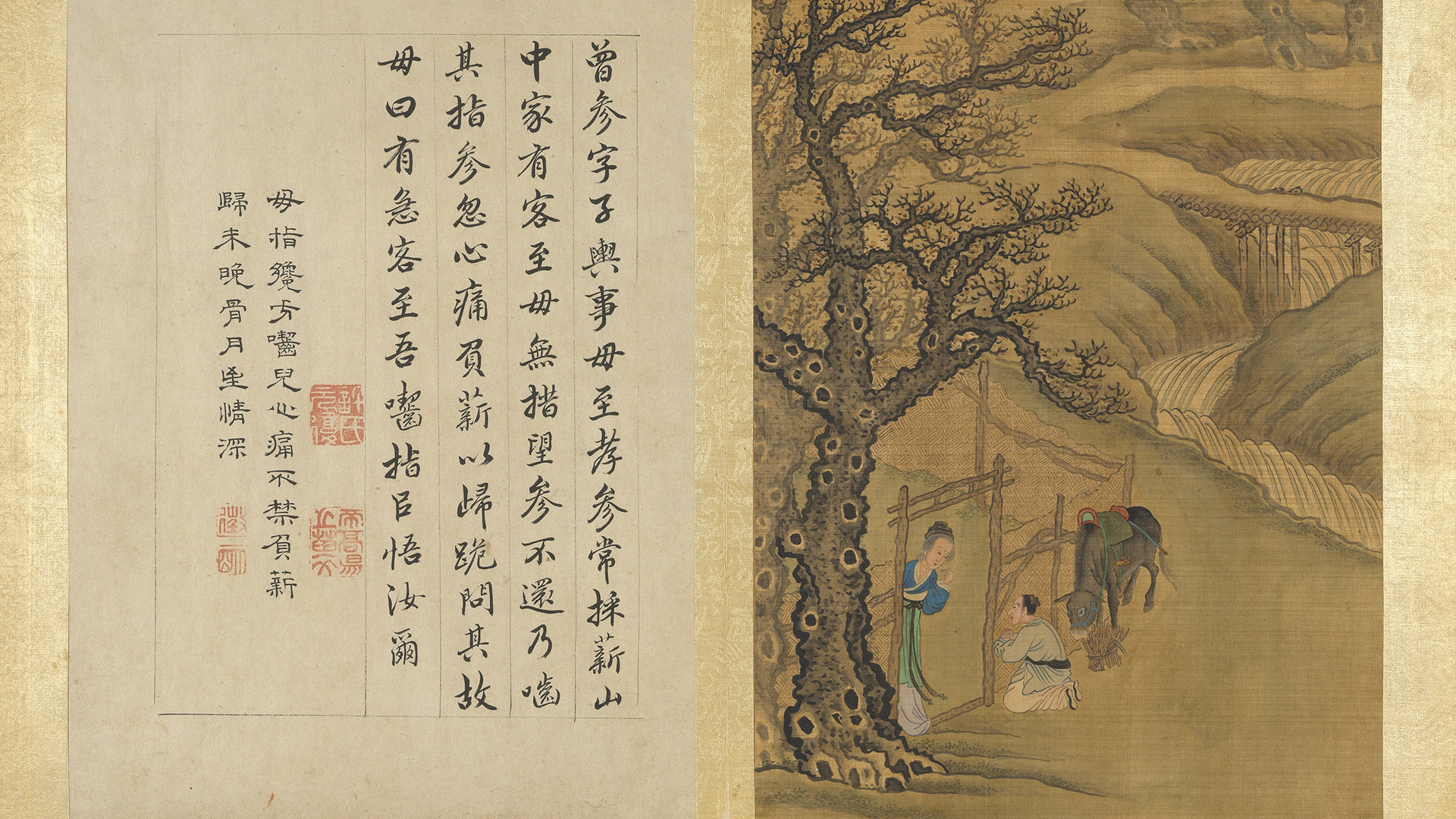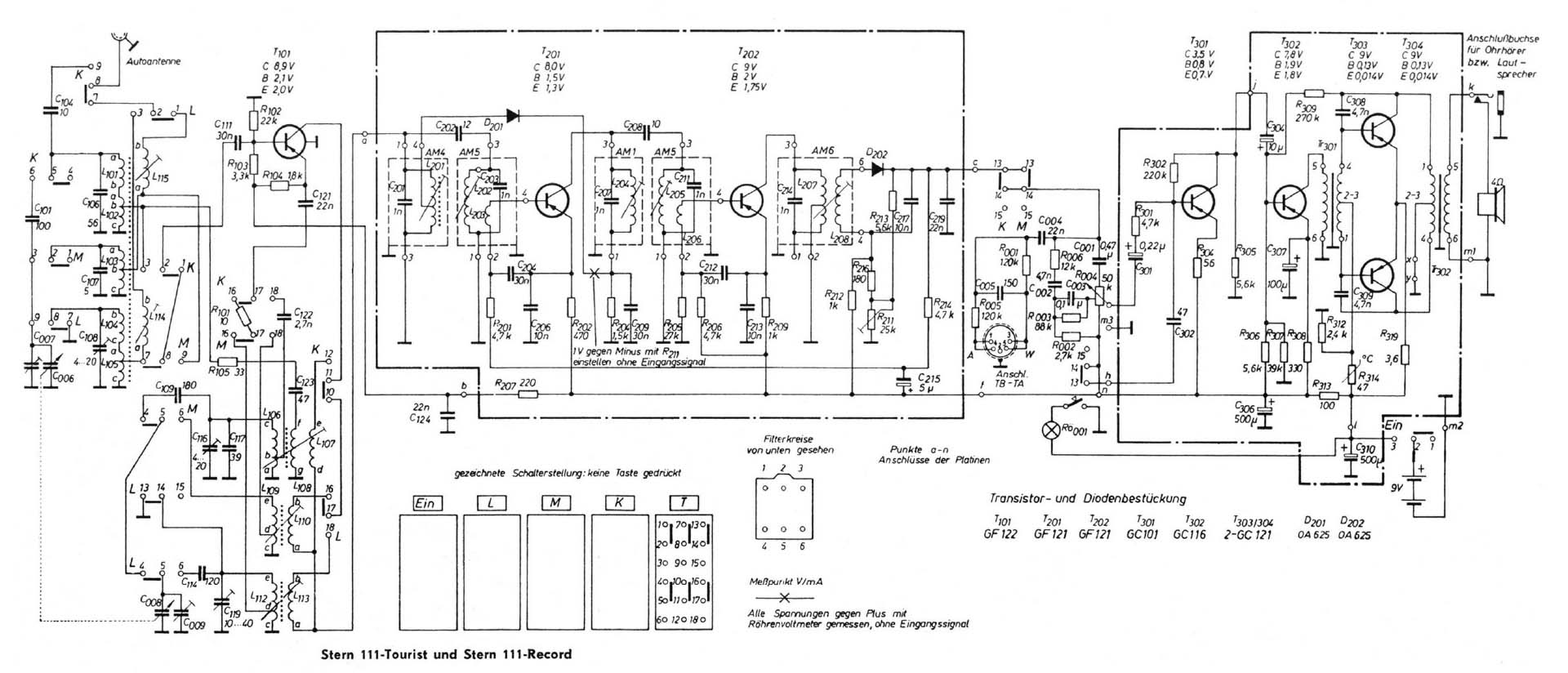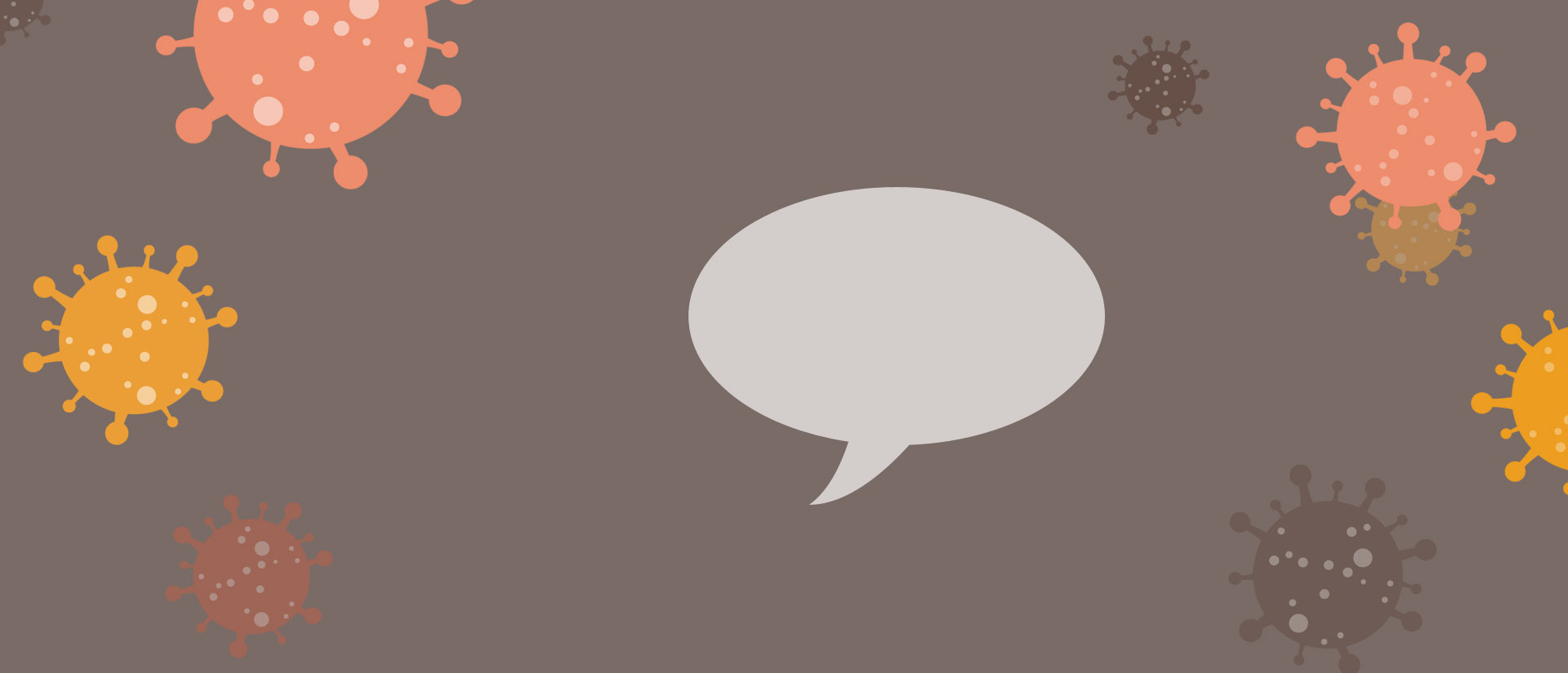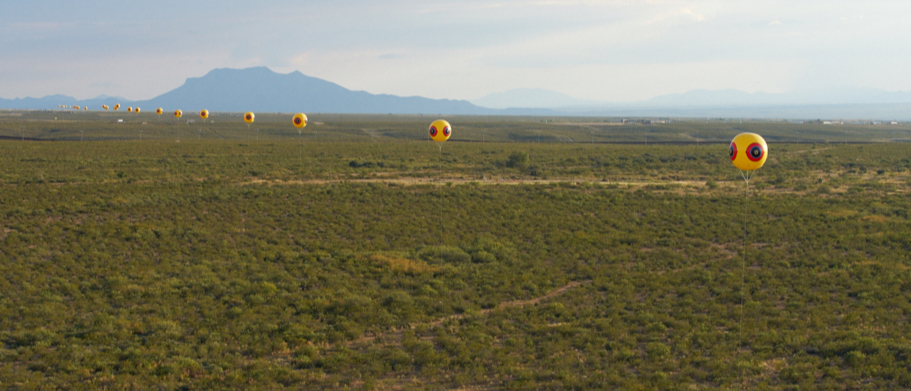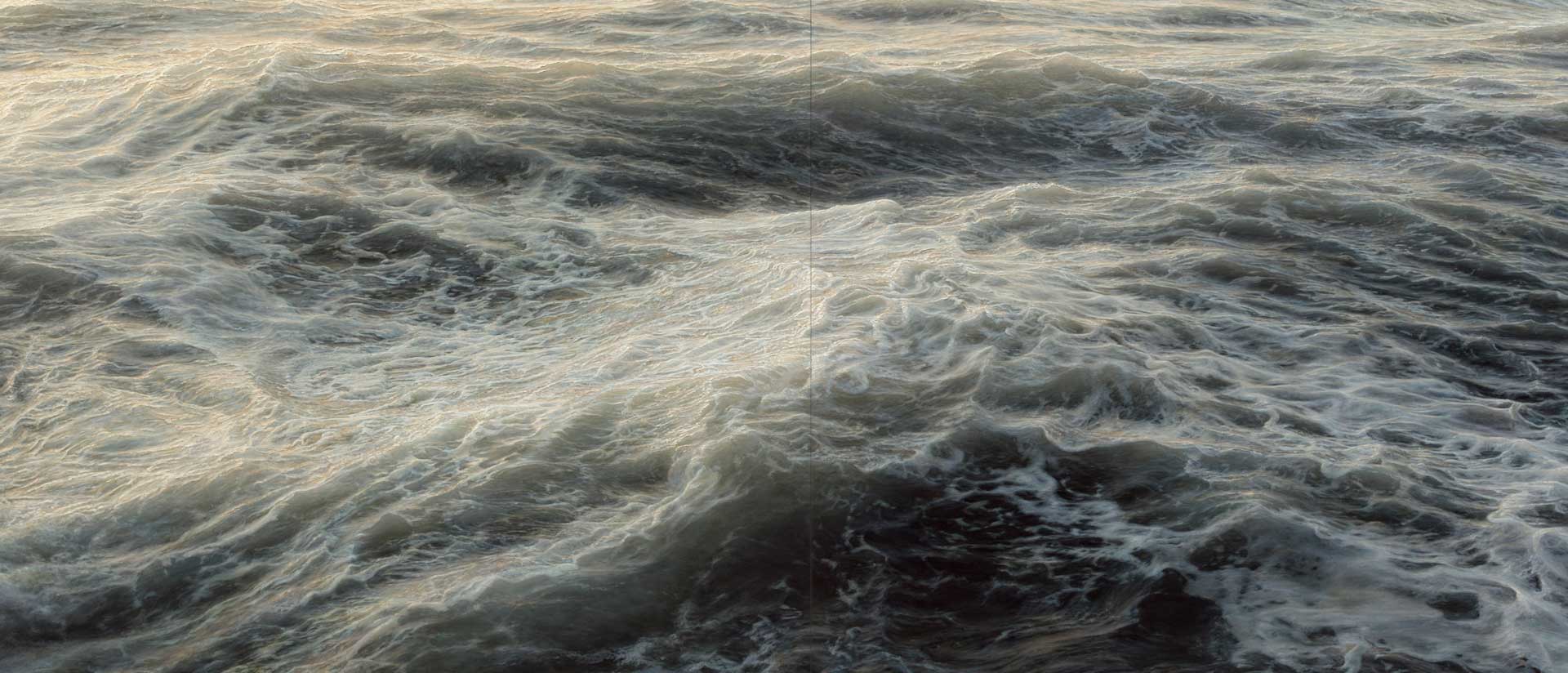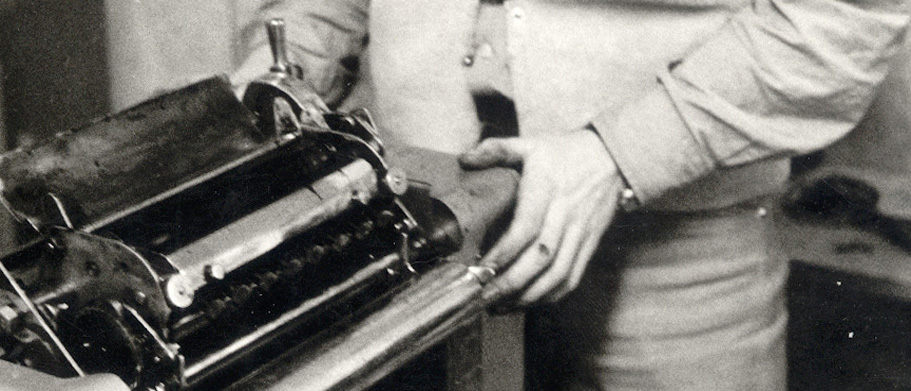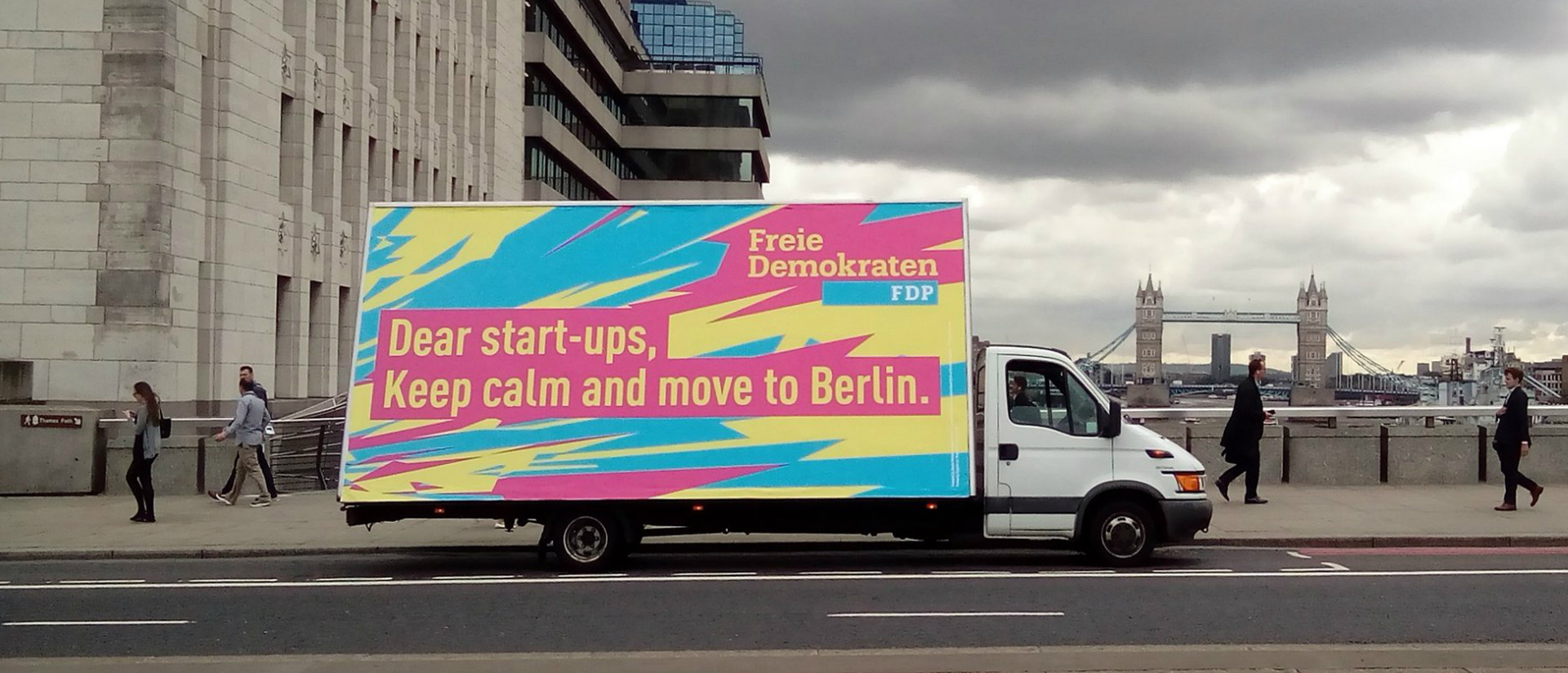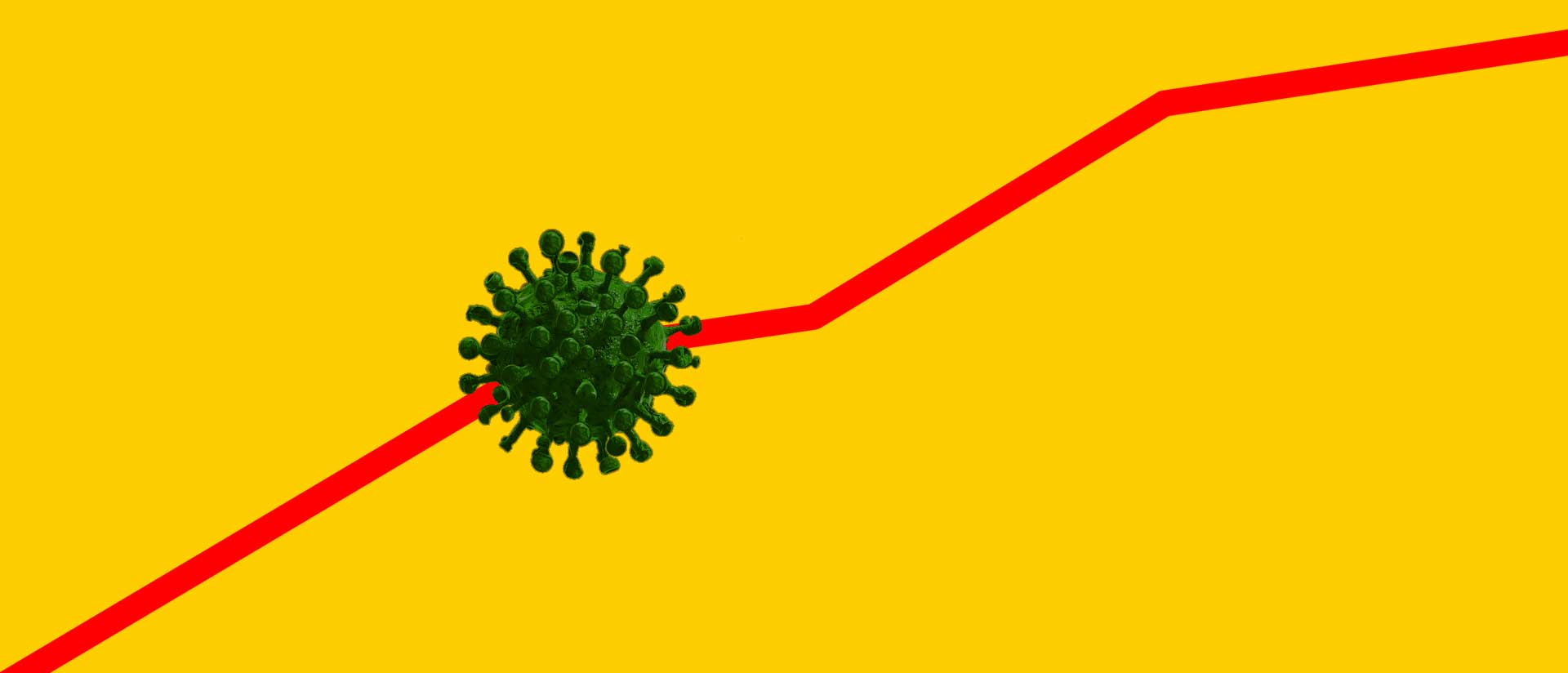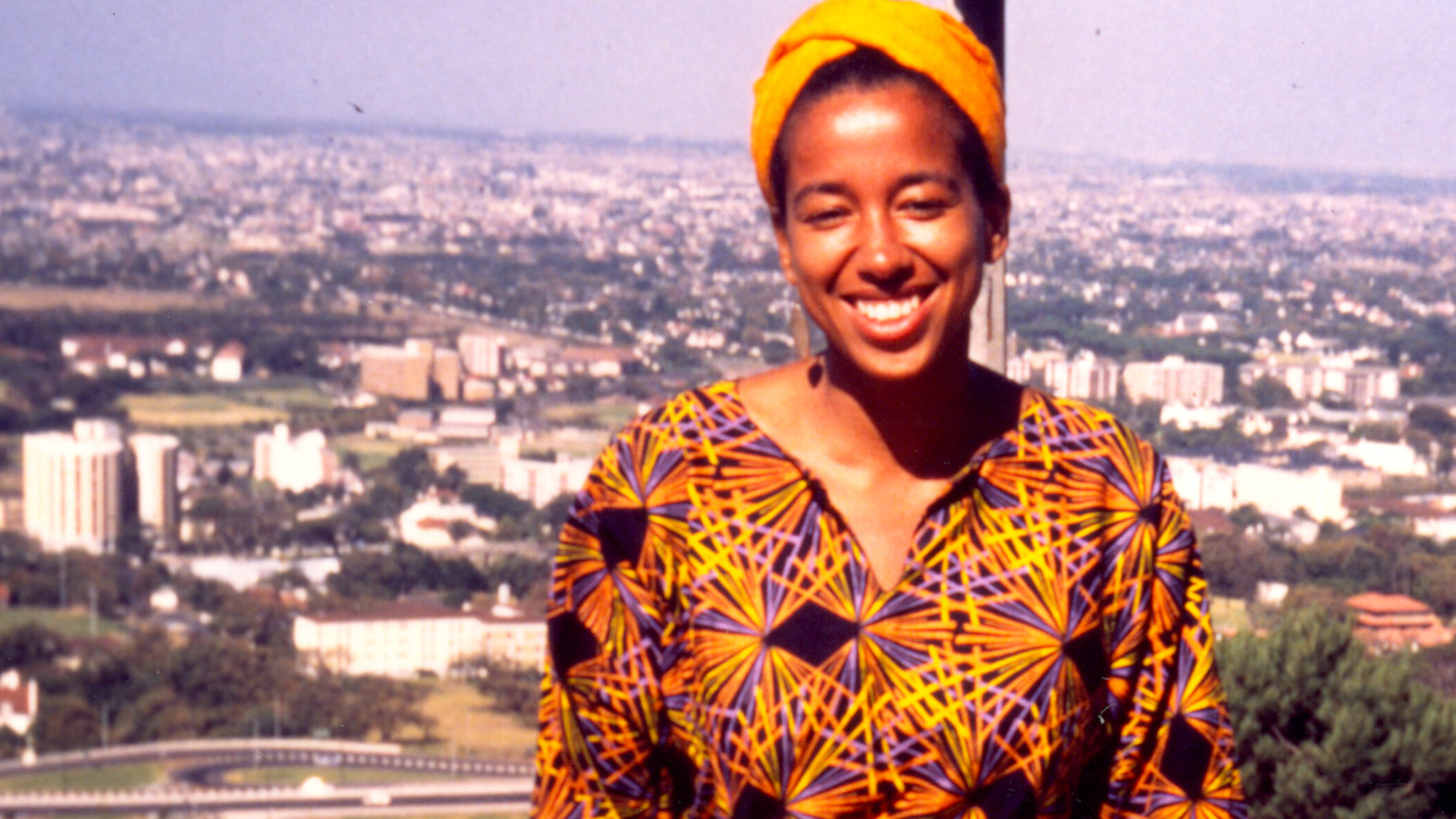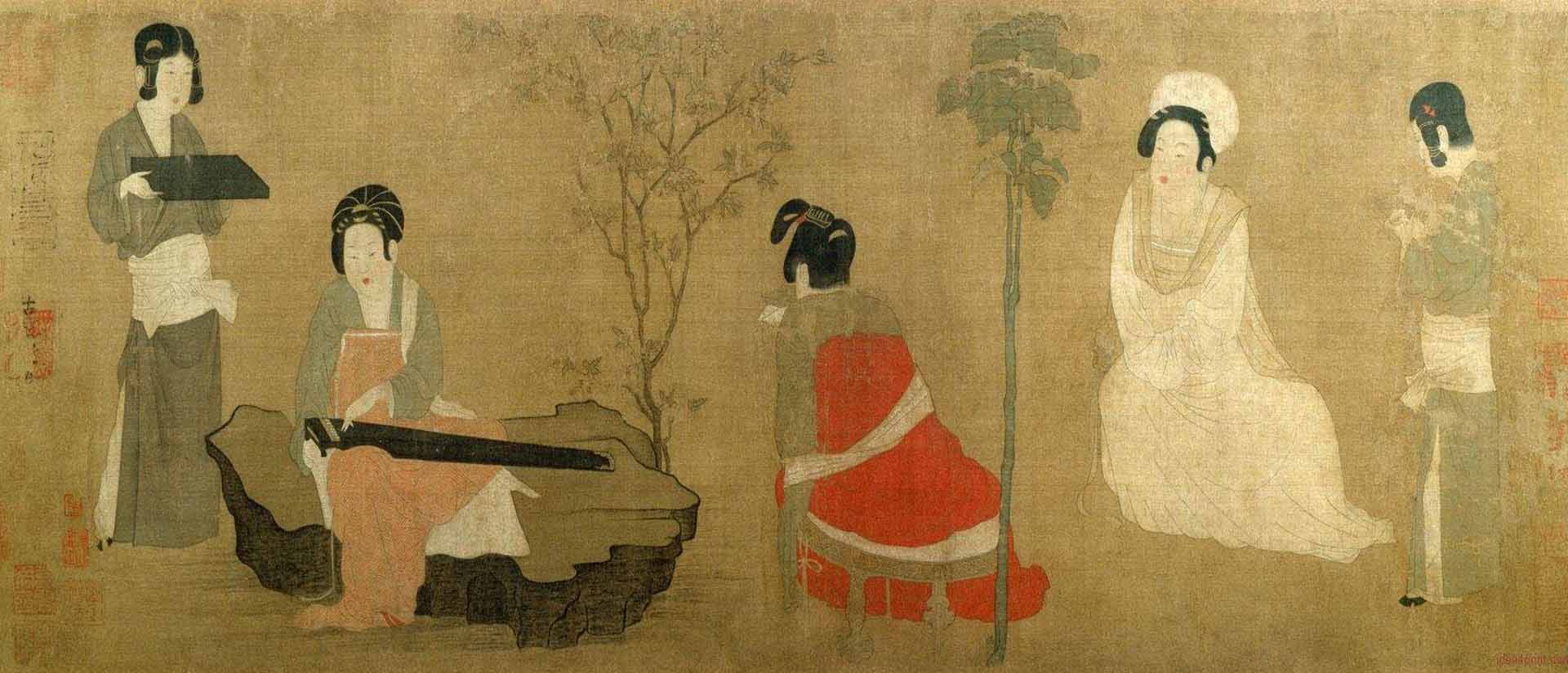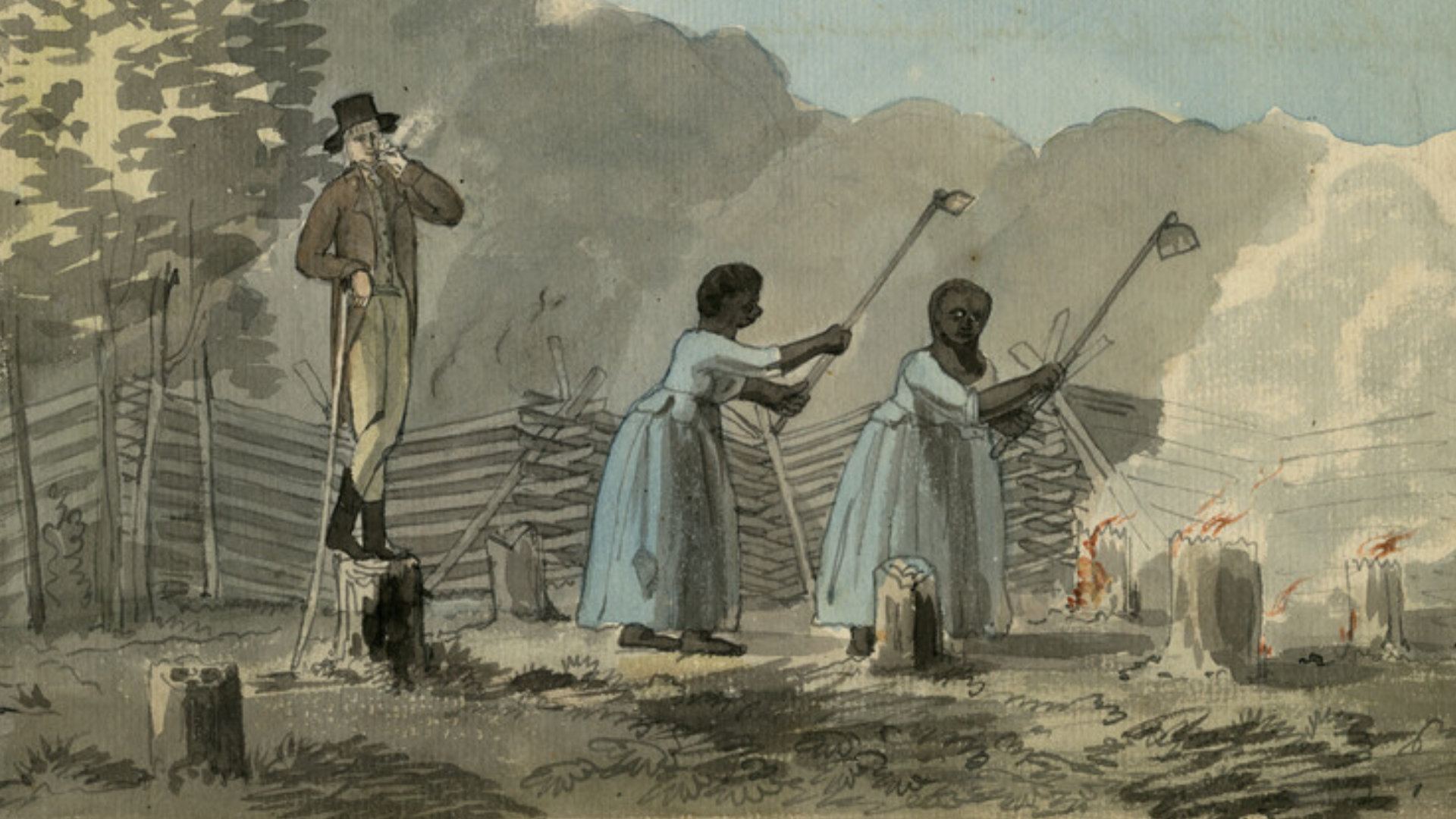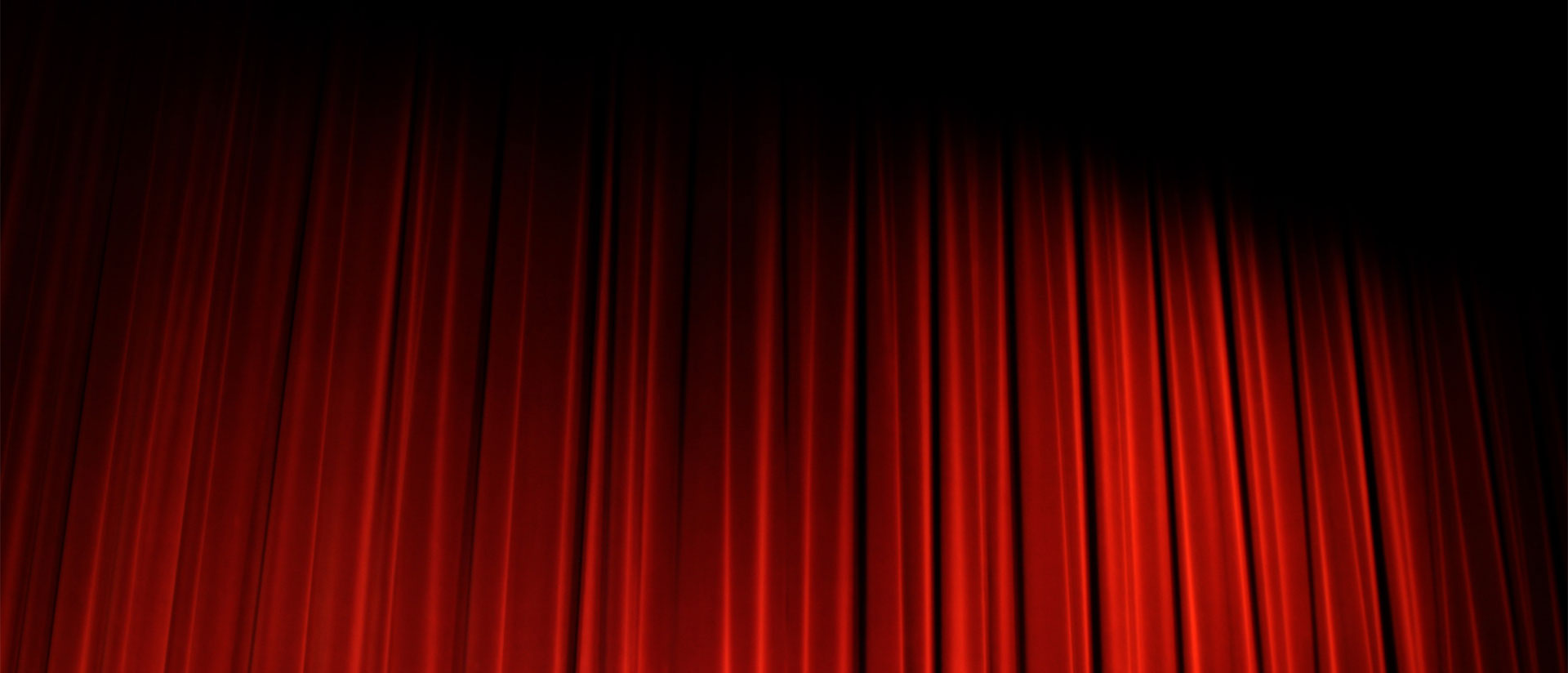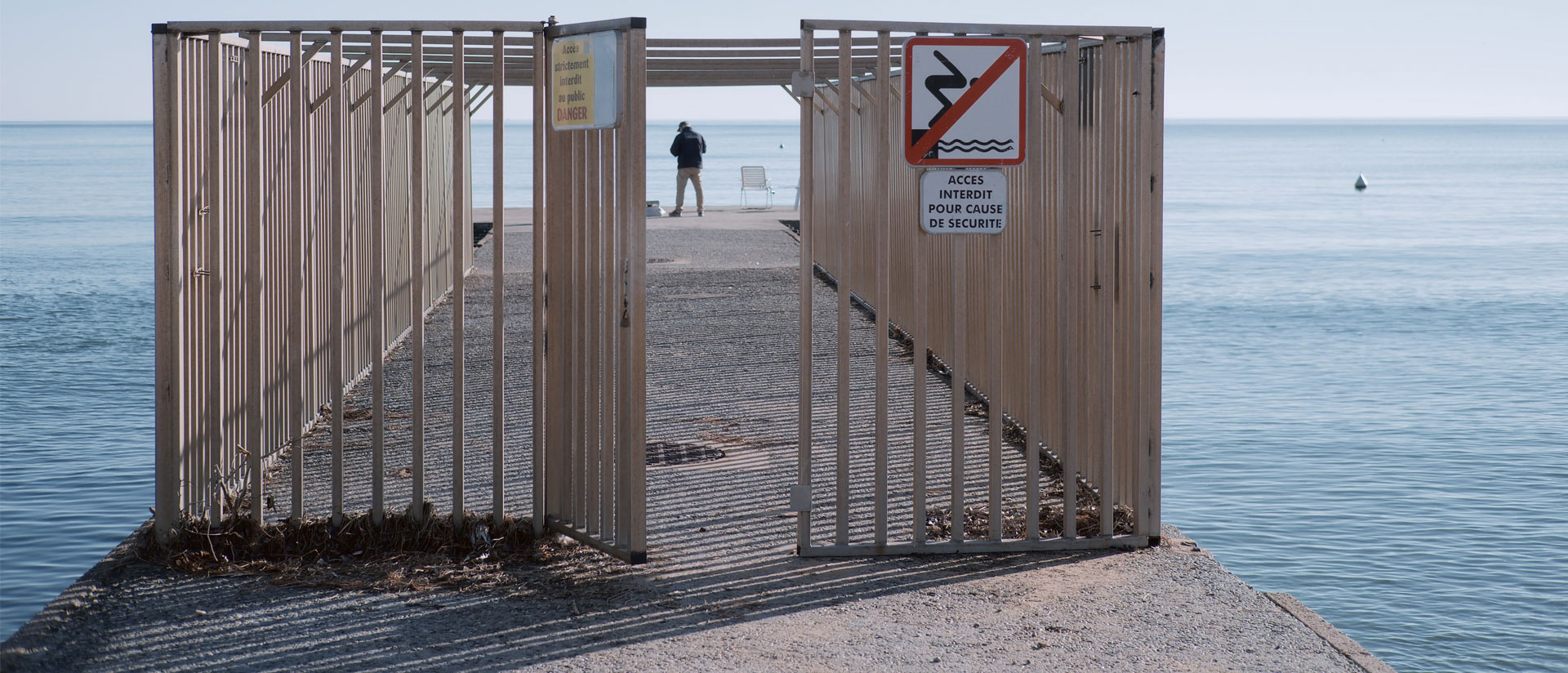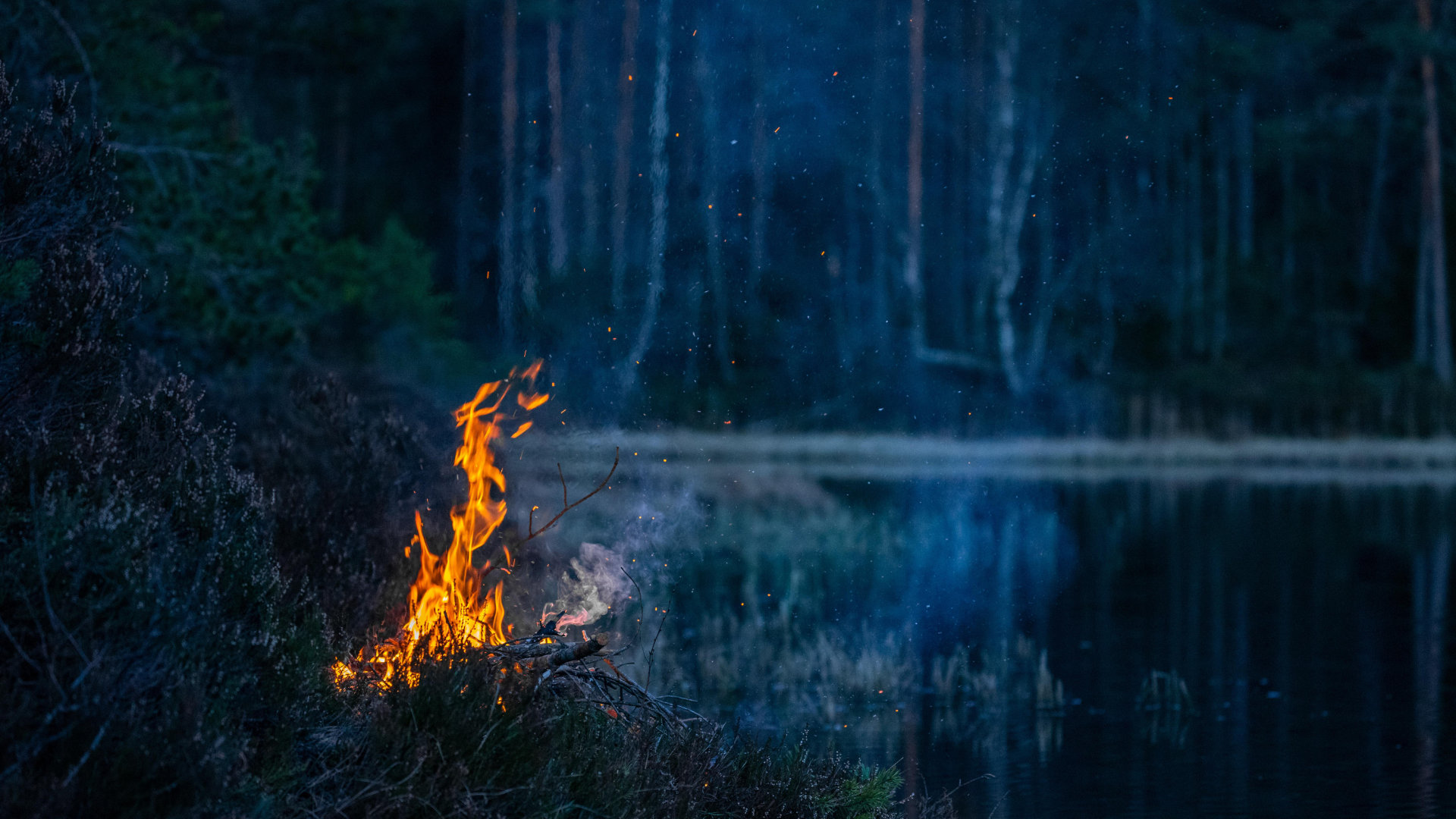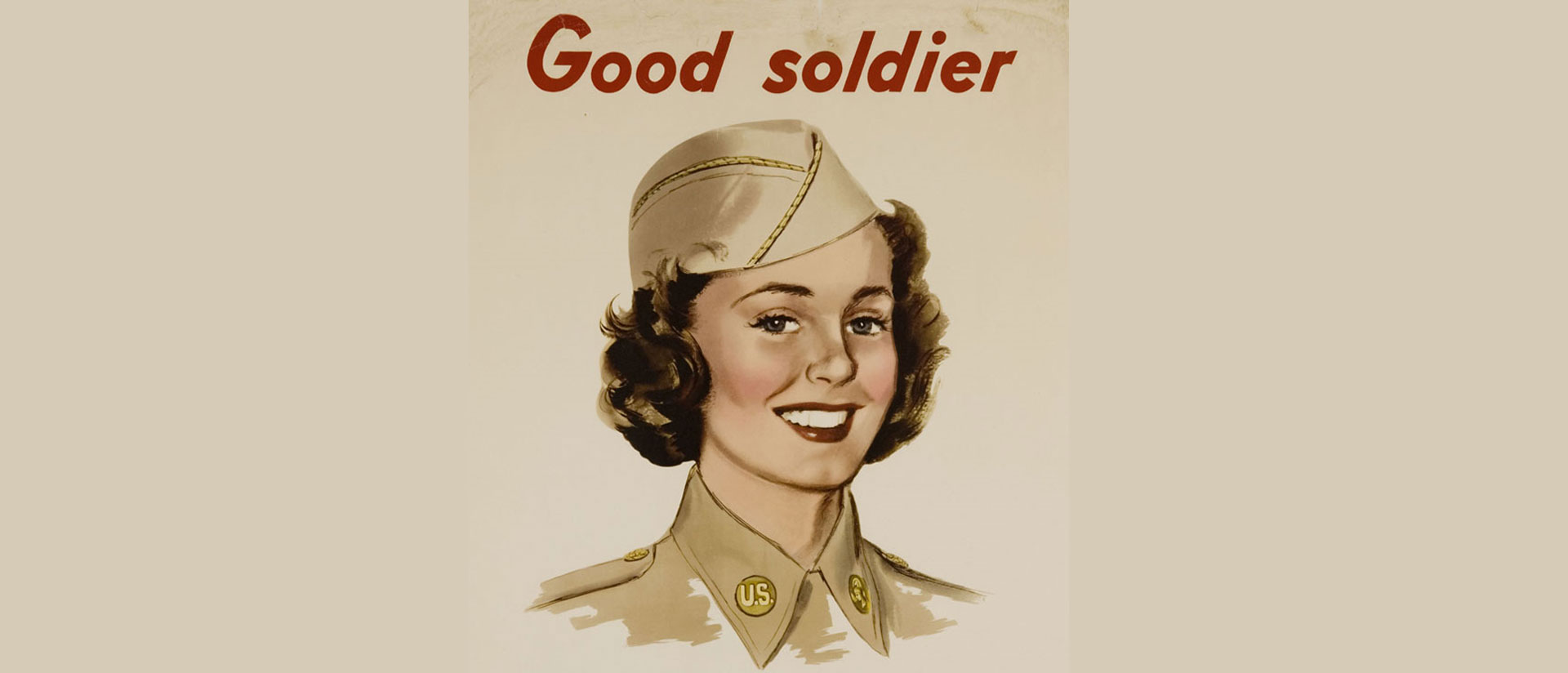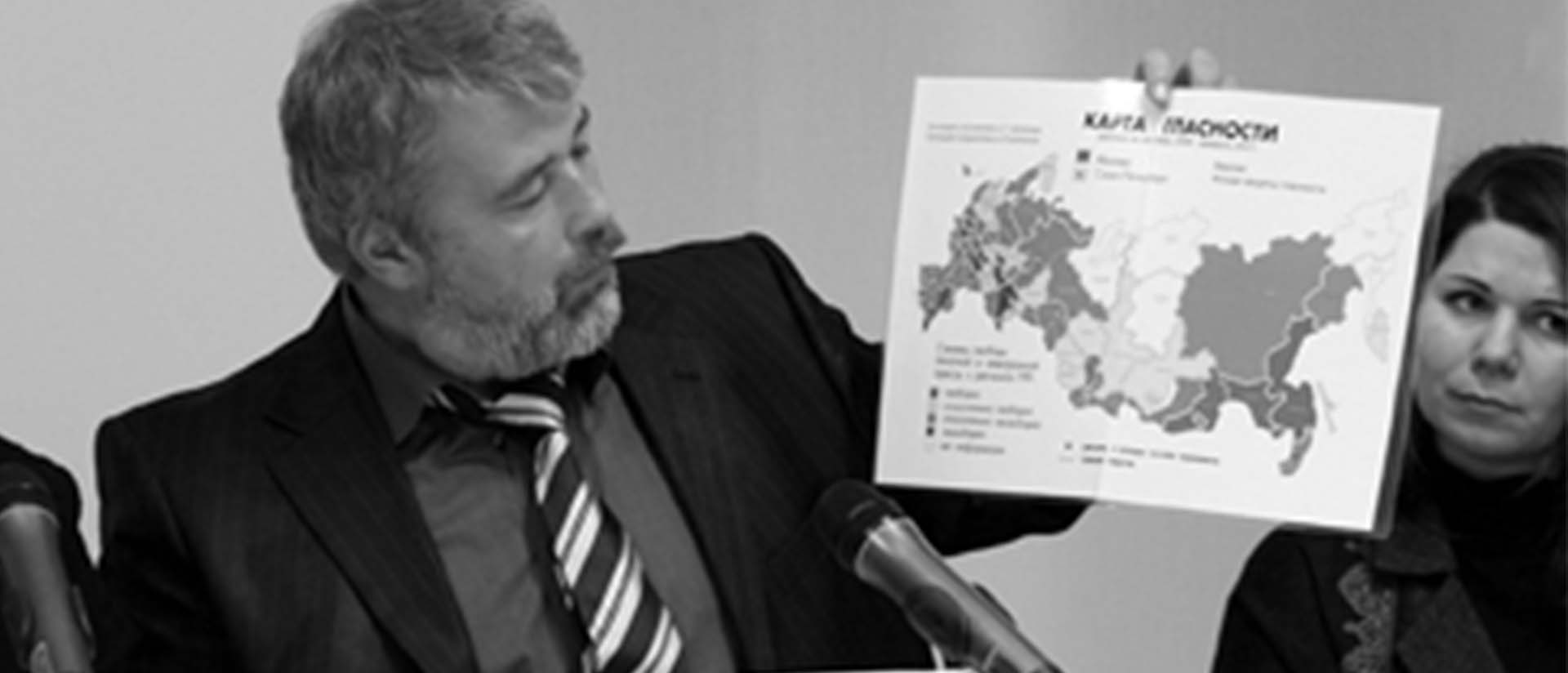
Repression in Russia
Committee to Protect Journalists presents 2007 report
Sixty-five journalists were killed on the job in 2007 – 32 of them in Iraq alone. Since 2003, 125 journalists have been killed worldwide. And in Russia, 14 journalists have been killed since Vladimir Putin took office in 2000. According to the Committee to Protect Journalists (CPJ), Russia is the third deadliest country in the world for journalists.
On February 4, Academy president Norman Pearlstine – a CPJ board member, former head of Time Inc, and former editor at the Wall Street Journal – welcomed a panel of distinguished guests to address the situation of press freedom in Russia and, more generally, the safety of journalists all over the world. Joining Paul Steiger (current chairman of the CPJ and editor-in-chief of the online investigative newsroom Pro-Publica) were panelists Nina Ognianova (coordinator of European and Central Asian programs at CPJ); Joel Simon (CPJ’s executive director); and Dmitry Muratov, editor-in-chief of the Moscow daily Novaya Gazeta.
Novaya Gazeta is perhaps best known in the West as the newspaper for which the murdered journalist Anna Politkovskaya was a reporter. Politkovskaya, a vocal critic of the Putin administration and the war in Chechnya, was shot in the elevator of her Moscow apartment building in October 2006. “Nothing can replace Anna,” Muratov said, speaking through a translator. “There is no truth that is more important than Anna’s life.”
Muratov, whose paper has about a million highly educated and loyal readers but nevertheless struggles to keep afloat in an environment that is intensely hostile to a free press, fielded most of the evening’s questions. His sardonic, often depressing responses revealed years of hard-won experience running an independent newspaper in a media environment still mostly “overseen” by the state. Aside from his comments on the Politkovskaya case (which, he says, “Putin was interested in solving; it was the Russian people who were passive”), Muratov was critical of the overly pragmatic relationship between the West and Russia – a relationship that all-too-conveniently ignores crucial freedom-of-press issues in favor of maintaining the status quo over natural resources. “The West is willing to overlook human rights abuses,” Muratov said, because “they need gas.” Not helping matters is the fact that the Russian media is, for the most part, quick to foment the notion that the West is out to destroy the motherland – “the common understanding of the man on the street.” Muratov held up a map of Russia that showed sprawling areas of the country in red. The red areas signified places with no freedom of the press. “Look,” Muratov said wryly, “just a little bit longer, and you’ll have the color of the Soviet Union all over again.”
The CPJ’s annual report, Attacks on the Press, notes that “Vladimir Putin’s government has created a national security state where reporting the news can be defined as ‘extremism.’ Under sweeping new laws, media criticism of public officials is a criminal offense. The Kremlin’s tactic of rewriting the law to criminalize journalism has been exported to countries such as Uzbekistan and Tajikistan.” Muratov added in closing that, in Russia, the broader public does not see critical journalism as crucial to a functioning society. Rather, it is seen as the enemy.
Though Muratov’s charismatic presence kept the evening’s focus on Russia, panelists also underlined the grave situations journalists face in other parts of the world. As Joel Simon pointed out, China maintains the highest number of journalists in prison, with 29 currently jailed there, some since 1983. The situation for Chinese journalists has, if anything, become more precarious in the run-up to the 2008 Olympic Games. “These are deeply troubling trends concerning the freedom and safety of the press,” said Paul Steiger. All over, he said, “there are highly repressive policies masked behind a veneer of freedom.”
By R. Jay Magill Jr.

